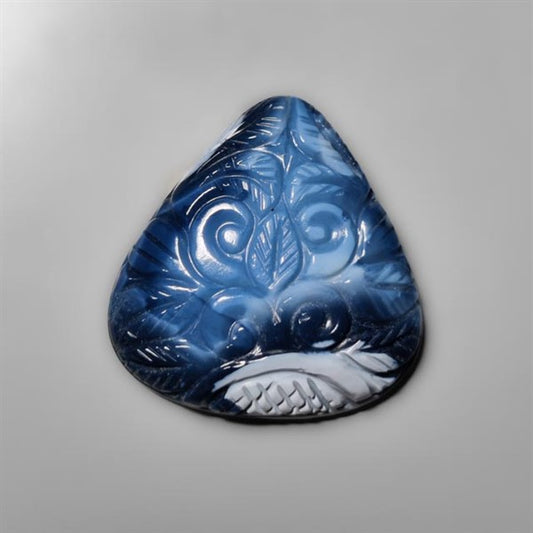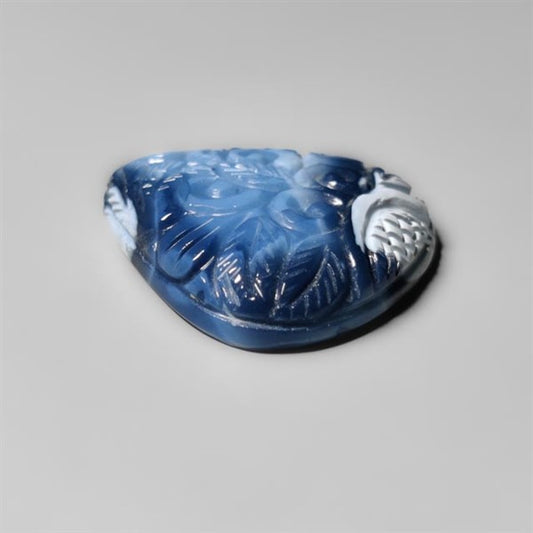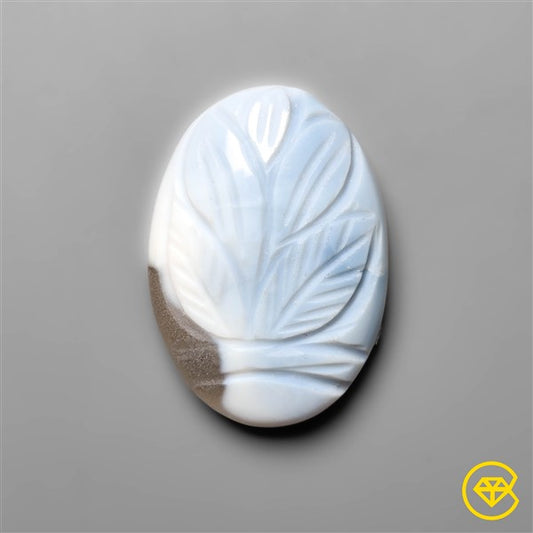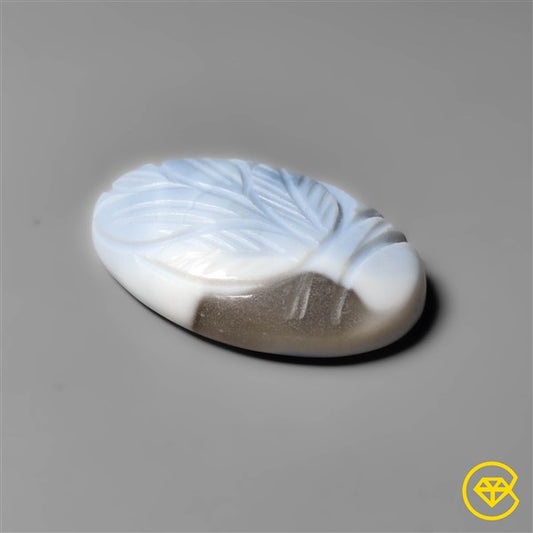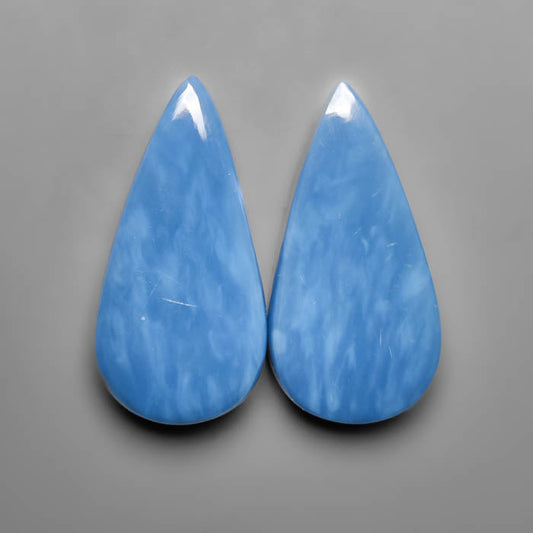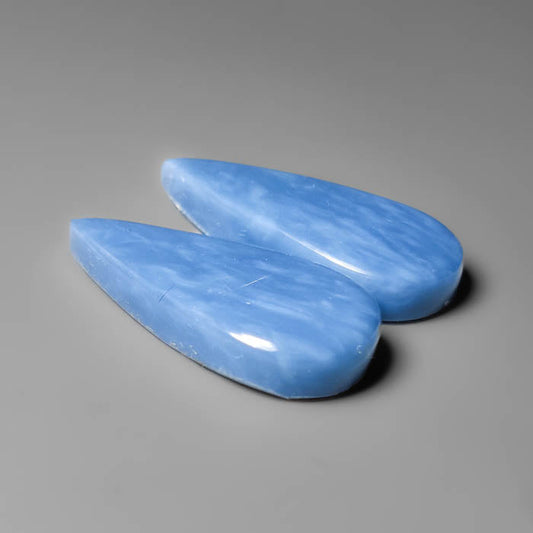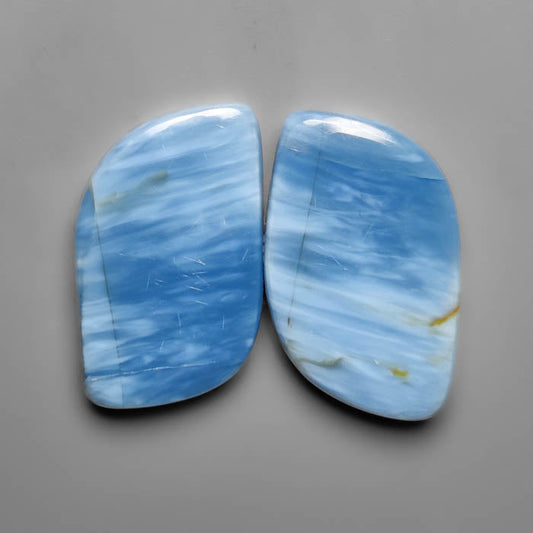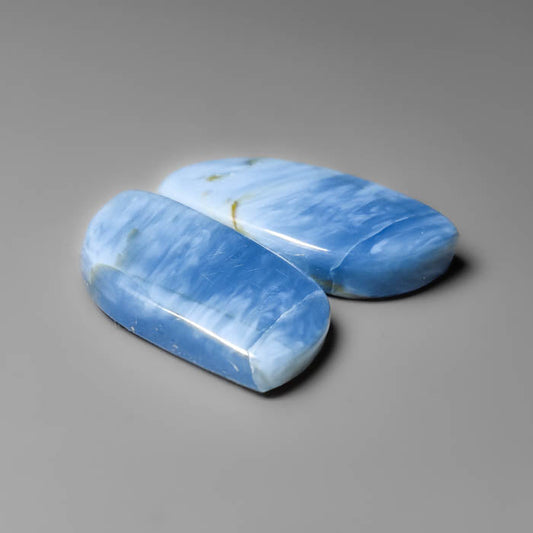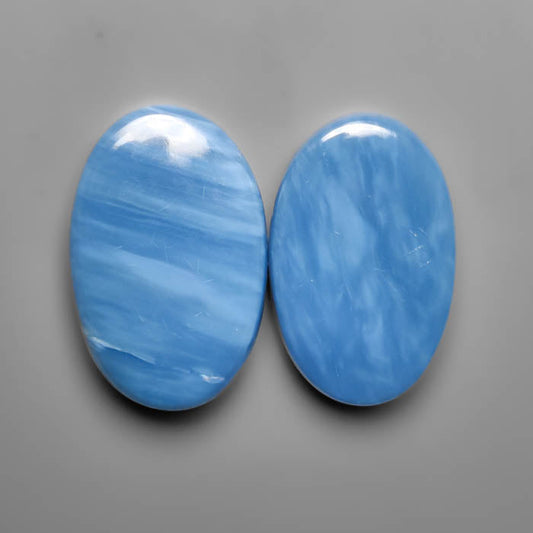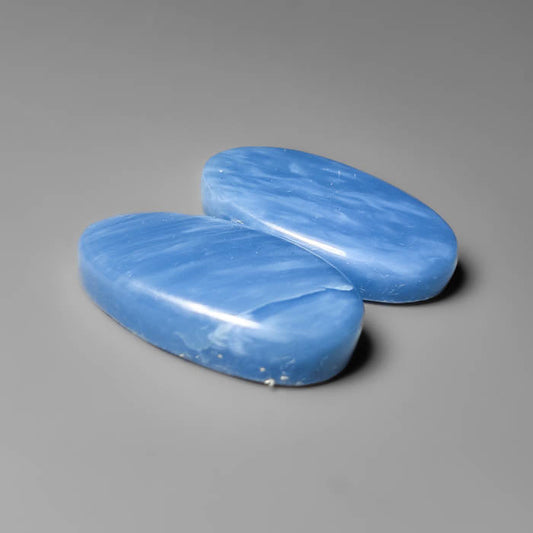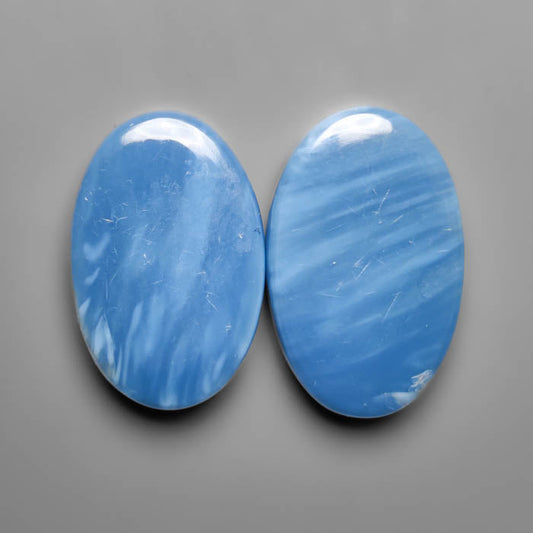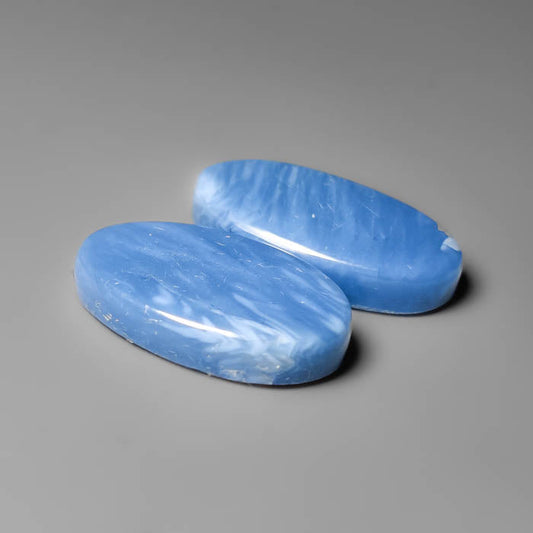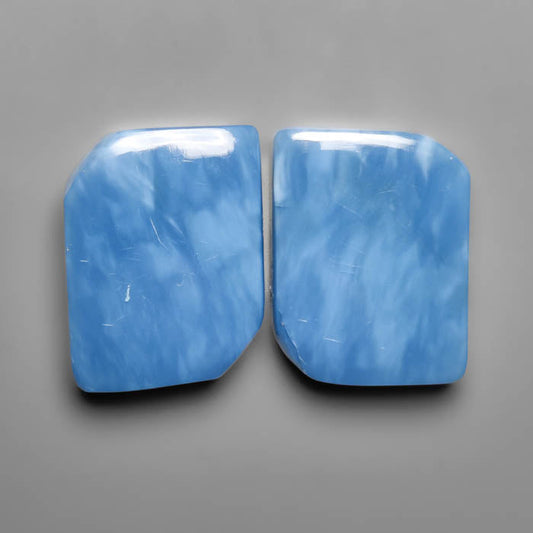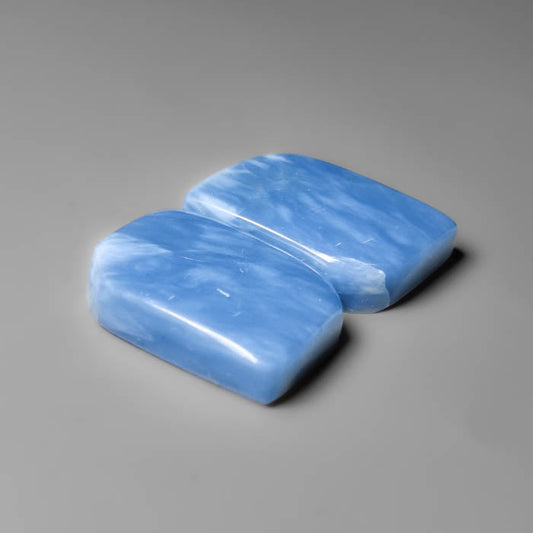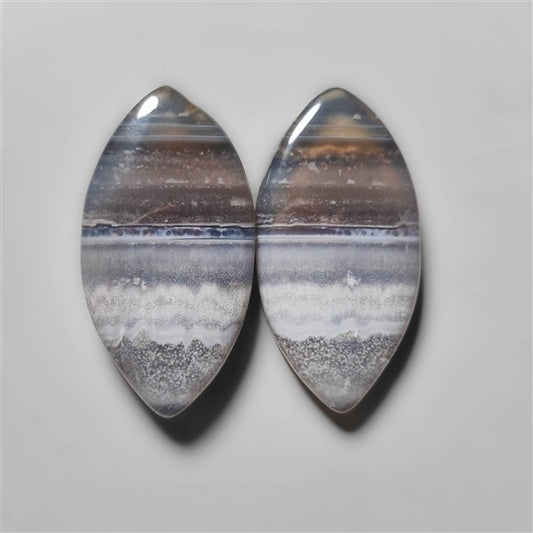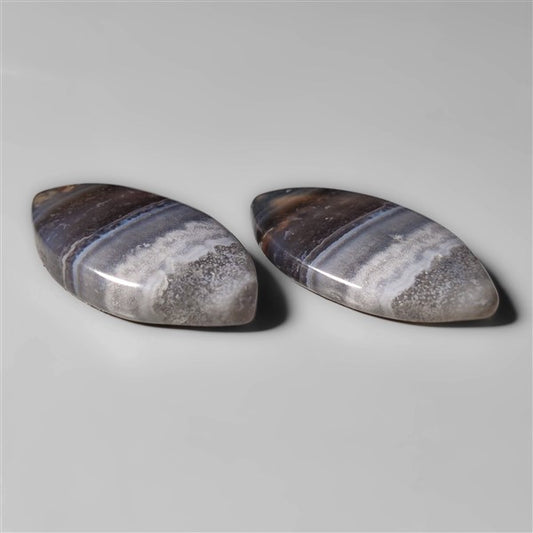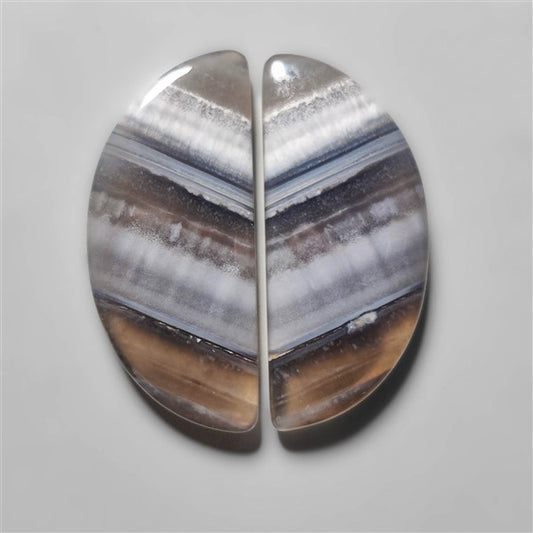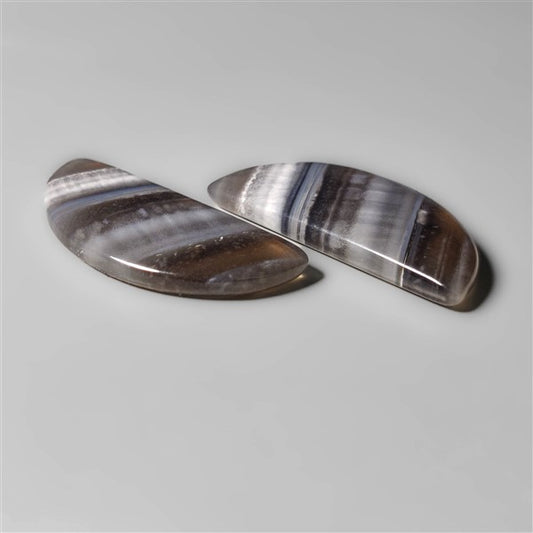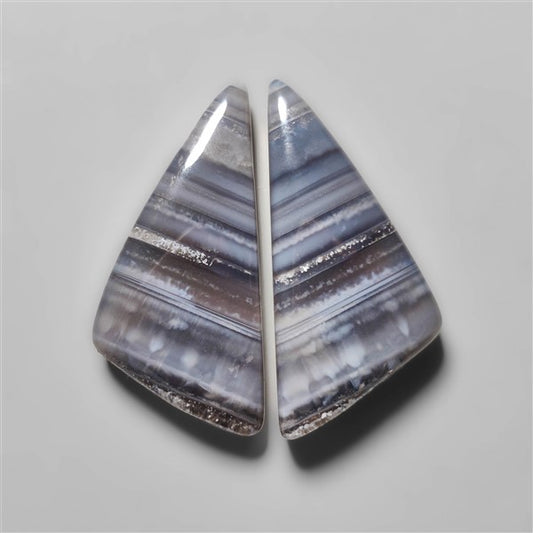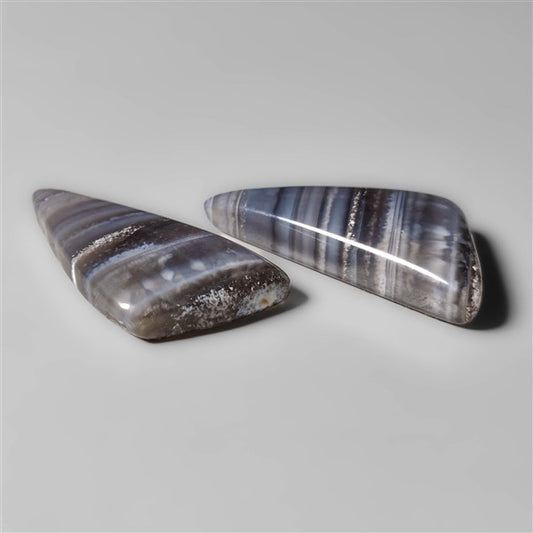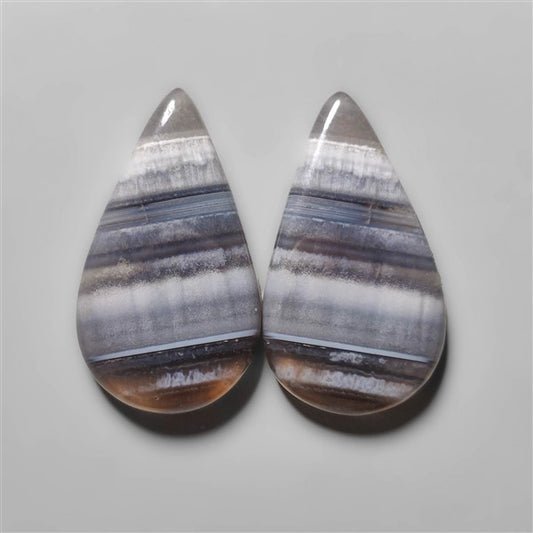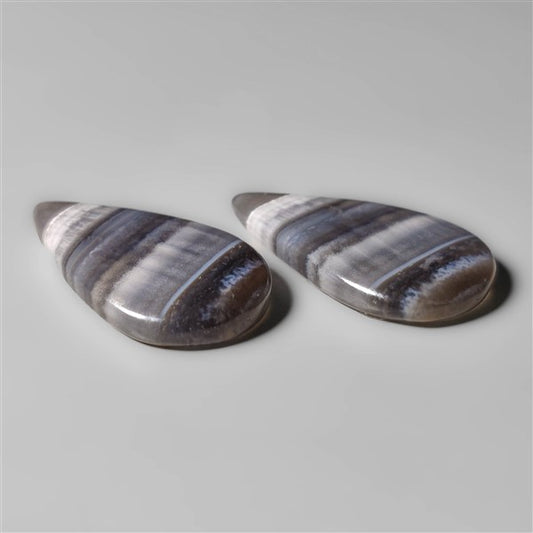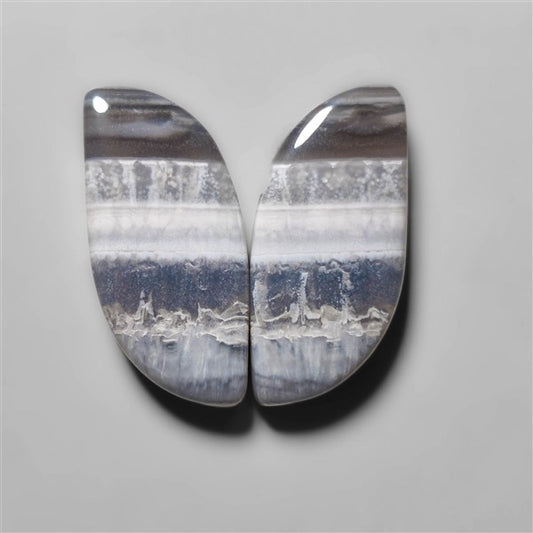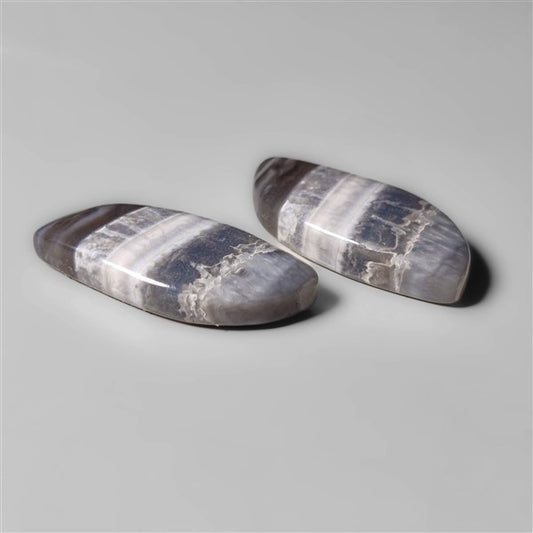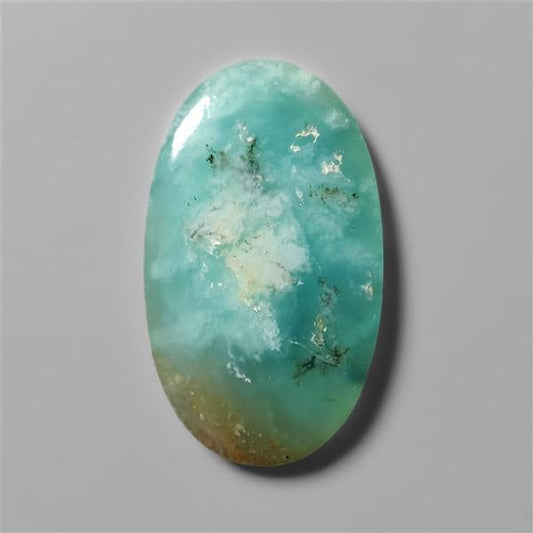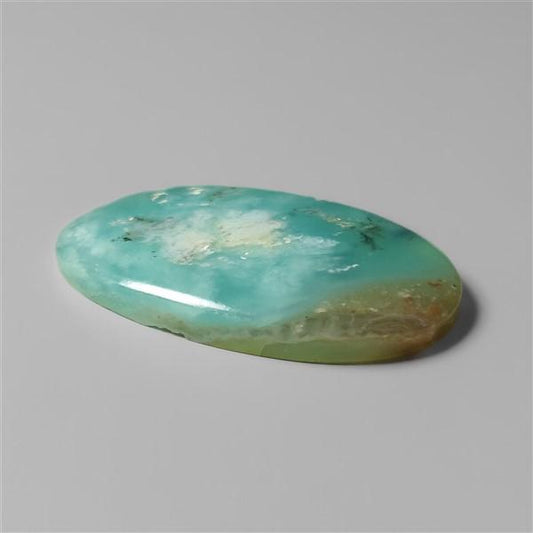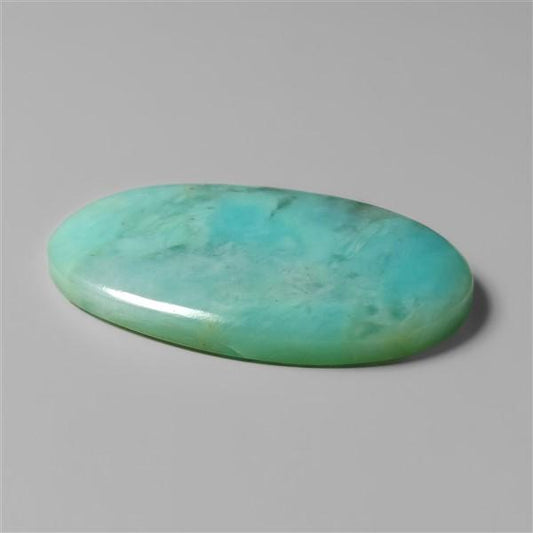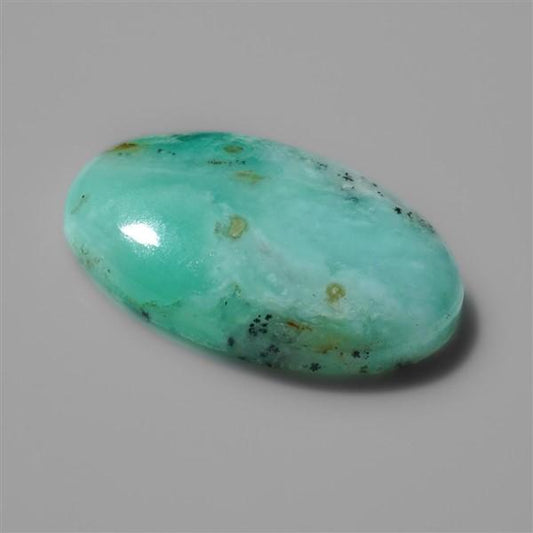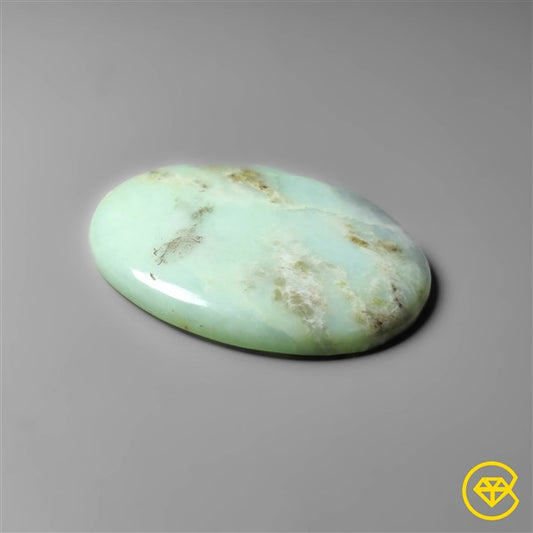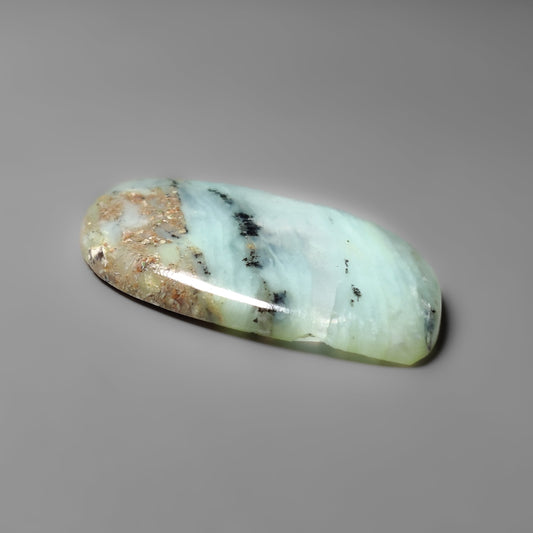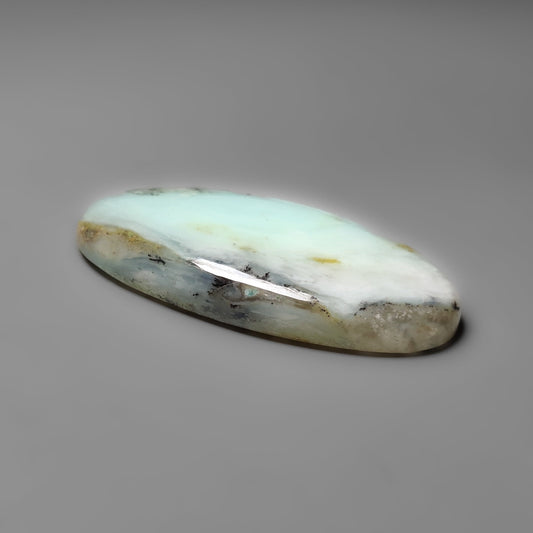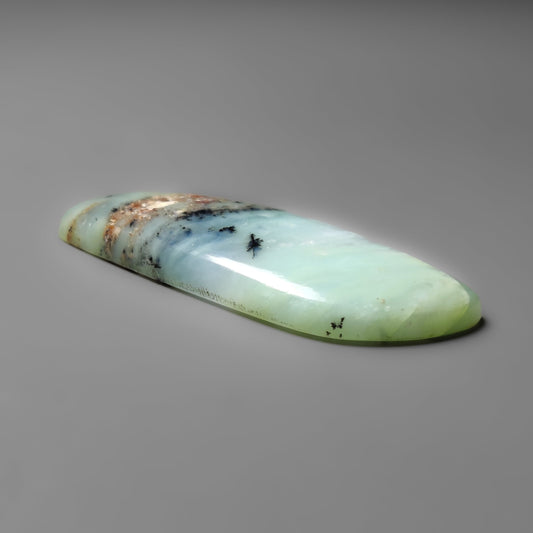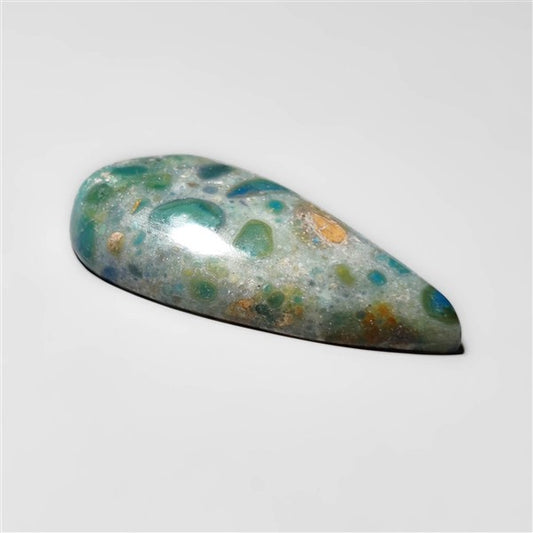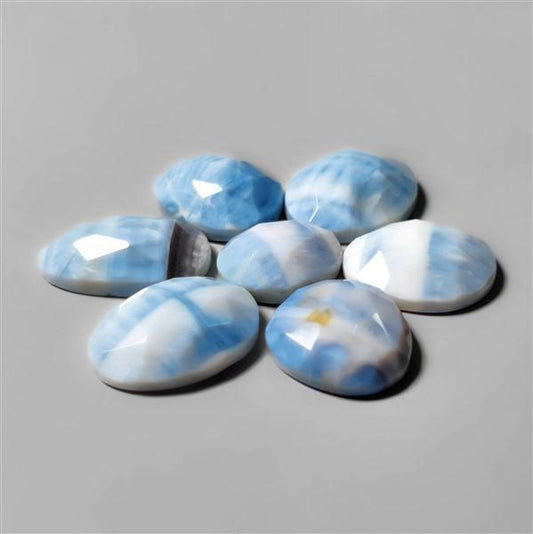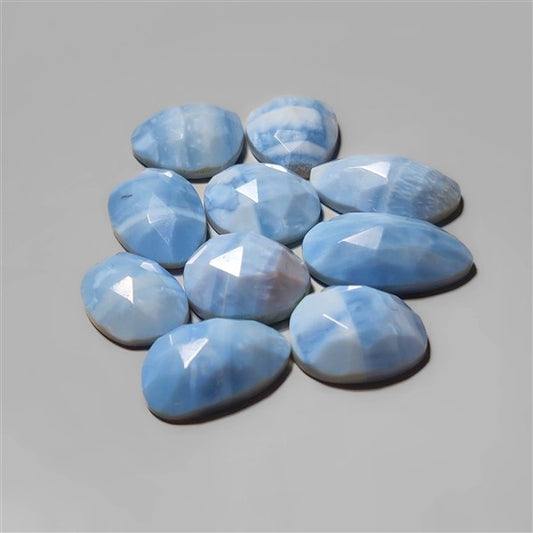Collection: BLUE OPAL

Shop Natural Loose Blue Opal Gemstone & Cabochons
Since ancient times, gemstones have enthralled people because each one has a distinct tale woven into the fabric of the planet. Known for its calming blue colors and captivating color play, the Blue Opal gemstone is a celestial gem among these riches. The intriguing world of blue opal is examined in this article, including with its history, physical traits, metaphysical qualities, cultural significance, and rising appeal in the jewelry industry.
-
Owyhee Blue Opal Mughal Carving
SKU: N11326Regular price $12.00 USDRegular priceUnit price / per -
Owyhee Blue Opal Mughal Carving
SKU: N11327Regular price $12.00 USDRegular priceUnit price / per -
Owyhee Blue Opal Mughal Carving
SKU: N24142Regular price $12.00 USDRegular priceUnit price / per -
Owyhee Blue Opal Pair
SKU: N28938Regular price $10.00 USDRegular priceUnit price / per -
Owyhee Blue Opal Pair
SKU: N28939Regular price $10.00 USDRegular priceUnit price / per -
Owyhee Blue Opal Pair
SKU: N28940Regular price $10.00 USDRegular priceUnit price / per -
Owyhee Blue Opal Pair
SKU: N28941Regular price $12.00 USDRegular priceUnit price / per -
Owyhee Blue Opal Pair
SKU: N28942Regular price $12.00 USDRegular priceUnit price / per -
Owyhee Blue Opal Pair
SKU: N28943Regular price $12.00 USDRegular priceUnit price / per -
Owyhee Blue Opals Pair
SKU: N10786Regular price $10.00 USDRegular priceUnit price / per -
Owyhee Blue Opals Pair
SKU: N10787Regular price $10.00 USDRegular priceUnit price / per -
Owyhee Blue Opals Pair
SKU: N10790Regular price $10.00 USDRegular priceUnit price / per -
Owyhee Blue Opals Pair
SKU: N10792Regular price $10.00 USDRegular priceUnit price / per -
Owyhee Blue Opals Pair
SKU: N10793Regular price $10.00 USDRegular priceUnit price / per -
Owyhee Blue Opals Pair
SKU: N10794Regular price $10.00 USDRegular priceUnit price / per -
Owyhee Blue Opals Pair
SKU: N10795Regular price $10.00 USDRegular priceUnit price / per -
Owyhee Moss Blue Opal
SKU: N22427Regular price $12.00 USDRegular priceUnit price / per -
Peruvian Blue Opal
SKU: N5187Regular price $16.00 USDRegular priceUnit price / per -
Peruvian Blue Opal
SKU: N5186Regular price $15.00 USDRegular priceUnit price / per -
Peruvian Blue Opal
SKU: N5185Regular price $16.00 USDRegular priceUnit price / per -
Peruvian Blue Opal
SKU: N1228Regular price $18.00 USDRegular priceUnit price / per -
Peruvian Blue Opal Cabochon
SKU: N23009Regular price $18.00 USDRegular priceUnit price / per -
Peruvian Blue Opal Cabochon
SKU: N24289Regular price $18.00 USDRegular priceUnit price / per -
Peruvian Blue Opal Cabochon
SKU: N29210Regular price $24.00 USDRegular priceUnit price / per -
Peruvian Blue Opal Cabochon
SKU: N29211Regular price $24.00 USDRegular priceUnit price / per -
Peruvian Blue Opal Cabochon
SKU: N29212Regular price $24.00 USDRegular priceUnit price / per -
Peruvian Blue Opal Cabochon
SKU: N29218Regular price $20.00 USDRegular priceUnit price / per -
Peruvian Blue Opal Cabochon
SKU: N29219Regular price $20.00 USDRegular priceUnit price / per -
Peruvian Blue Opalina
SKU: N16103Regular price $18.00 USDRegular priceUnit price / per -
Peruvian Blue Opalina
SKU: N29347Regular price $10.00 USDRegular priceUnit price / per -
Rose Cut Blue Opals Lot
SKU: N8741Regular price $22.00 USDRegular priceUnit price / per -
Rose Cut Blue Opals Lot
SKU: N26510Regular price $16.00 USDRegular priceUnit price / per -
Rose Cut Owyhee Blue Opals Lot
SKU: N8132Regular price $26.00 USDRegular priceUnit price / per -
White Moss Owyhee Blue Opal Cabochon
SKU: N29531Regular price $15.00 USDRegular priceUnit price / per
All About BLUE OPAL Gemstones
Blue Opal Origin
Like other opals, blue opals are a product of the Earth's natural wonders. These fascinating jewels are created by the intriguing interaction between silica and water, which creates a special environment for their development. Opals are usually found in areas where the water is rich in silica. When this water seeps into rock crevices, silica gel is precipitated. This gel hardens and creates the complex interior structure that gives opals their distinctive color play over time.
There are several places to find blue opals, and each one adds unique geological details to the development of the gemstone. Notable sources include the United States, especially in areas with a history of opal discoveries, Australia, which is well-known for its Opal Fields, and Peru, where Blue Opals are found in the Andes Mountains.
Blue Opal Meaning
"Blue Opal" is an opal type whose colors lean heavily toward blue. The term is used to classify opals with this particular tint and is derived from the gemstone's characteristic blue tones. Opals are renowned for their ability to display a "play-of-color," in which vivid colors appear to dance and change depending on the angle at which the gemstone is observed.
It is clear and descriptive to state that the opal in issue is blue when you use the term "Blue Opal" to describe it. Opals are available in a wide range of hues, including white, black, pink, green, and blue.
Blue Opal Properties
- Play-of-Color: Blue opal is known for its enthralling play-of-color, an optical phenomena in which the gemstone changes color depending on the angle at which it is seen. The diffraction of light as it interacts with the distinct internal structure of the opal—which is frequently made up of tightly spaced silica spheres—is what causes the color play.
- Color Range: As the name implies, blue opals are mostly composed of calm blue tones. Blue Opal colors spectrum ranges from subtle sky blues to richer, more powerful tones. To further enhance their visual appeal, some blue opals may also exhibit flashes of green, violet, or other colors.
- Transparency: Blue opals can be opaque or translucent, depending on the degree of transparency. The transparency affects the gemstone's overall visual appeal by influencing how light interacts with it.
- Mohs Hardness: On the Mohs hardness scale, blue opal is rated between 5.5 and 6.5. Opals are good for jewelry even if they are comparatively softer than other gemstones. But caution should be exercised to prevent exposure to abrasive substances and activities that could lead to scratches or other harm.
- Luster: When polished, blue opal's waxy to vitreous sheen intensifies its visual appeal. The gemstone's bright glow is enhanced by its luster, especially when light reflects off of its surface.
Blue Opal Healing Properties
- Calming Energies: It's common knowledge that blue opal emits relaxing energies. It is thought that people who wear or contact the gemstone would have a sense of calm and harmony. The tranquil blue hues that characterize blue opals are in harmony with this relaxing effect.
- Enhanced Expression and Communication: The gemstone is also linked to improving expression and communication. It is said to promote honest and open conversation, which helps people understand one other better. This characteristic is especially important because the gemstone is connected to the throat chakra.
- Spiritual Connection: It is believed that blue opal can enhance intuition and fortify one's spiritual ties. It is thought to support spiritual journeys by enabling people to access their inner wisdom and find their spiritual path.
- Symbol of Hope: Blue opal's calming blue hues have made it associated with hope. It is regarded as a metaphor for hope and optimistic perspectives that offers consolation in trying circumstances.
Blue Opal Varieties
- Australian Blue Opal: Australia is a major supplier of opals, and some of these stones have stunning blue tones. New South Wales' Lightning Ridge is especially renowned for its fine black opals, some of which have vivid blue hues.
- Peruvian Blue Opal: This kind of opal is distinguished by its pastel blue to greenish-blue hues. This Andes Mountain-mined opal frequently has a pronounced turquoise-like hue. It is a frequently utilized variety in jewelry, and it may be easily identified by its distinctive color.
- Oregon Blue Opal: In certain parts of the United States, blue opals have also been discovered. Oregon blue opals are prized for their distinctive look and can display a variety of blue and greenish-blue hues.
Blue Opal Jewelry
With jewels that display a stunning dance of color in tranquil blue hues, blue opal jewelry is a compelling representation of nature's artistic prowess. These ethereal diamonds are prized for their distinct beauty and mystical qualities. Natural Blue Opal is sourced from places like Australia, Peru, and the United States. Blue opals are frequently used in jewelry creation to create exquisite items that highlight their cosmic appeal. Popular for highlighting a gem's color play, Blue Opal cabochon cuts can be found in a variety of jewelry pieces, such as Blue Opal rings, Blue Opal earrings, Blue Opal necklace, Blue Opal engagement rings.
Blue opal jewelry, whether set in gold or sterling silver, or paired with complementing gemstones, is a tribute to the ageless relationship between the wonders of the Earth and human ornamentation.
Conclusion
Gemstone connoisseurs and jewelry enthusiasts alike are enthralled with blue opal's ethereal beauty and metaphysical charm. Its unusual color play and cultural significance, together with its roots in Earth's geological wonders, add to its attractiveness. Blue opal reminds us of the connection between nature, culture, and human creativity as it finds its place in contemporary jewelry design. Blue opal is a brilliant jewel among the world's priceless gems, whether it is worn as a hope symbol, a means of facilitating spiritual growth, or just for its aesthetic appeal. If you are looking to buy beautiful and stunning gemstones, then look no further than GemstonesForSale. Fine genuine gemstones at reasonable prices.
Frequently Asked Questions (FAQ's)
1. What is the Blue Opal price per carat?
Blue Opal price per carat ranges from $10 to $100, depending upon the inclusions and patterns showcased by the gemstone.
2. Where is Blue Opal found?
There are several places in the world where blue opal can be discovered, including Australia, Peru, and the US. High-quality opals with vivid blue tones are produced in Australia, particularly in Lightning Ridge. Peru is well-known for its unique pastel blue Peruvian Blue Opals, which are found in the Andes Mountains. Another place to get blue opals in the US is Oregon.
3. What gives Blue Opal its color?
Trace components in the silica structure of Blue Opal are responsible for its enthralling blue color. The fascinating dance of color that characterizes Blue Opal's cosmic hues is caused by the diffraction of light caused by the interaction of these components with the gem's distinct interior structure.
4. Is Blue Opal a birthstone?
Although opal is often known as the birthstone for October, Blue Opal birthstone is not traditionally associated with any one month. Opals are prized for their color play, and although blue opal isn't associated with a particular birth month, its heavenly tones make it a desirable gem for a variety of jewelry designs.
5. How can I tell if Blue Opal is genuine?
Take into account Blue Opal's brilliant blue tones, play of color, and polished, flawless surface to confirm its genuineness. When viewed from various angles, genuine blue opals display an iridescent effect that is mesmerizing. To assure authenticity, look for reliable sources, inquire about certifications, and steer clear of offers that seem too good to be true.


- Choosing a selection results in a full page refresh.
- Opens in a new window.








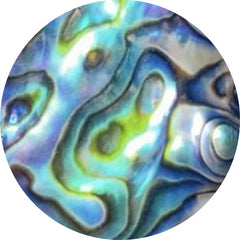 ABALONE SHELL (108)
ABALONE SHELL (108)
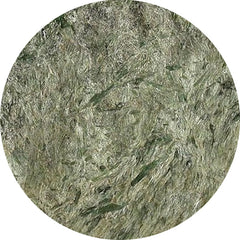 ACTINOLITE (6)
ACTINOLITE (6)
 Affordable Gemstones (16559)
Affordable Gemstones (16559)
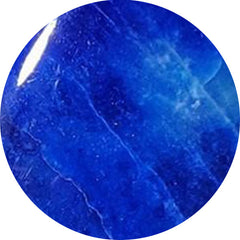 AFGHANITE (15)
AFGHANITE (15)
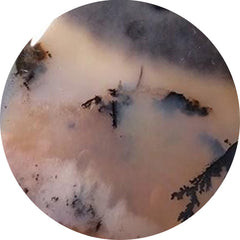 AGATE (2477)
AGATE (2477)
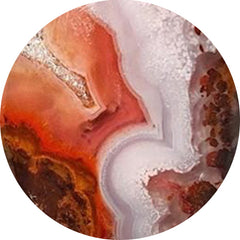 AGUA NUEVA (4)
AGUA NUEVA (4)
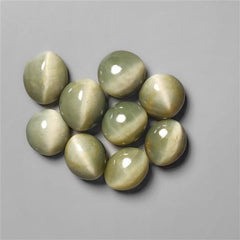 All Gemstones (6)
All Gemstones (6)
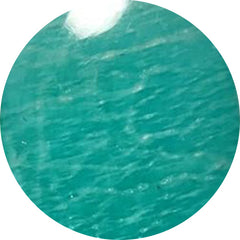 AMAZONITE (185)
AMAZONITE (185)
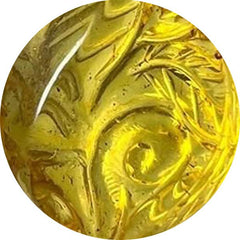 AMBER (156)
AMBER (156)
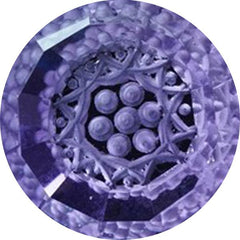 AMETHYST (498)
AMETHYST (498)
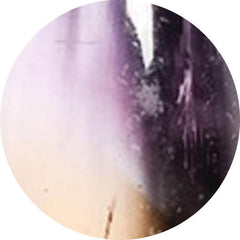 AMETRINE (1)
AMETRINE (1)
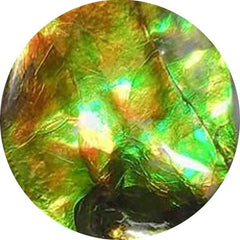 AMMOLITE (38)
AMMOLITE (38)
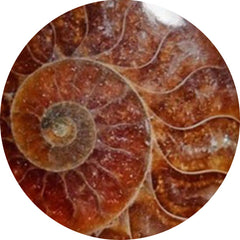 AMMONITE (91)
AMMONITE (91)
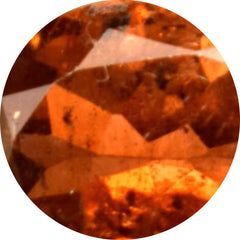 ANDALUSITE (2)
ANDALUSITE (2)
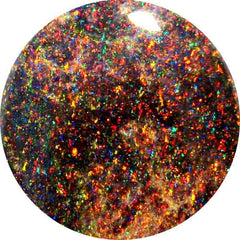 ANDAMOOKA OPAL (4)
ANDAMOOKA OPAL (4)
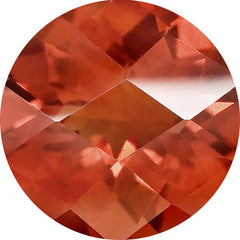 ANDESINE (1)
ANDESINE (1)
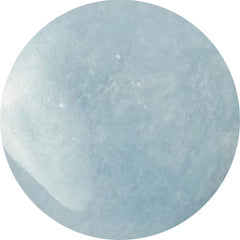 ANGELITE (31)
ANGELITE (31)
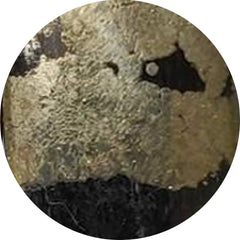 APACHE GOLD (28)
APACHE GOLD (28)
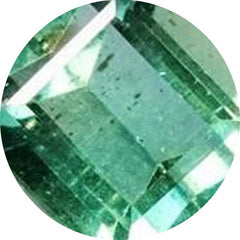 APATITE (150)
APATITE (150)
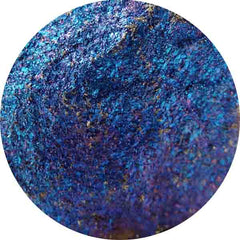 APOPHYLLITE (3)
APOPHYLLITE (3)
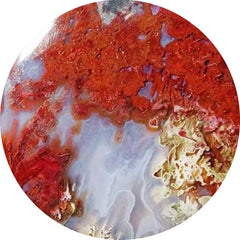 APPLE VALLEY AGATE (0)
APPLE VALLEY AGATE (0)
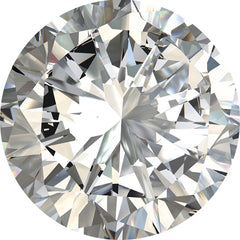 APRIL BIRTHSTONE (44)
APRIL BIRTHSTONE (44)
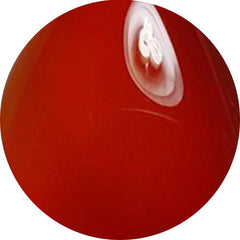 AQEEQ (0)
AQEEQ (0)
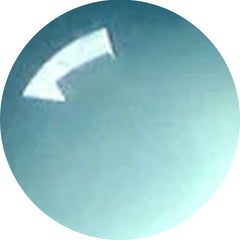 AQUA CHALCEDONY (17)
AQUA CHALCEDONY (17)
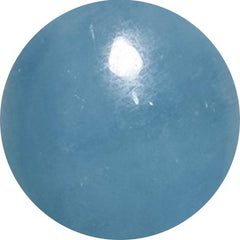 AQUAMARINE (73)
AQUAMARINE (73)
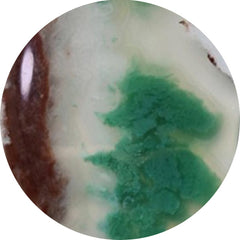 AQUAPRASE (53)
AQUAPRASE (53)
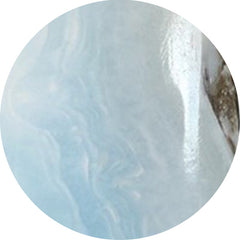 ARAGONITE (2)
ARAGONITE (2)
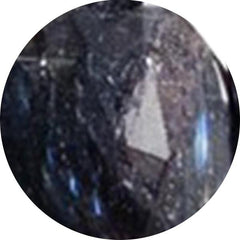 ARFVEDSONITE (1)
ARFVEDSONITE (1)
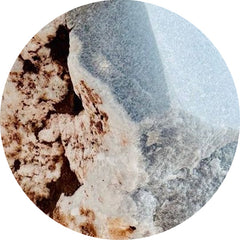 ARISTOLITE (0)
ARISTOLITE (0)
 ARIZONA TURQUOISE (1)
ARIZONA TURQUOISE (1)
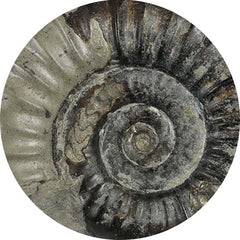 ARNIOCERAS SEMICOSTATUM FOSSIL (0)
ARNIOCERAS SEMICOSTATUM FOSSIL (0)
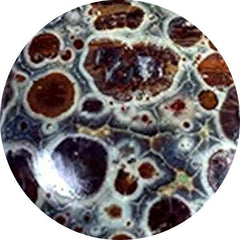 ASTEROID JASPER (11)
ASTEROID JASPER (11)
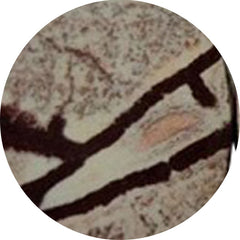 ASTROPHYLLITE (52)
ASTROPHYLLITE (52)
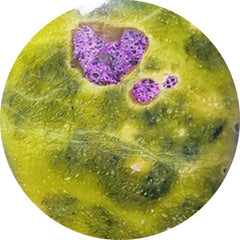 ATLANTASITE (96)
ATLANTASITE (96)
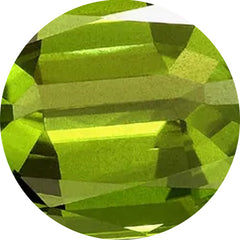 AUGUST BIRTHSTONE (35)
AUGUST BIRTHSTONE (35)
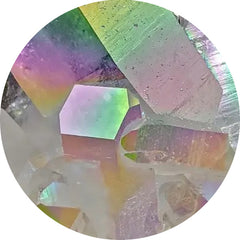 AURA QUARTZ (0)
AURA QUARTZ (0)
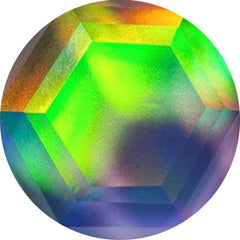 AURORA OPAL (261)
AURORA OPAL (261)
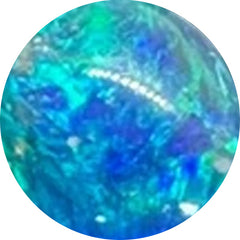 AUSTRALIAN OPAL (11)
AUSTRALIAN OPAL (11)
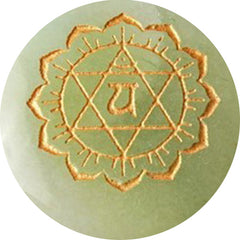 AVENTURINE (73)
AVENTURINE (73)
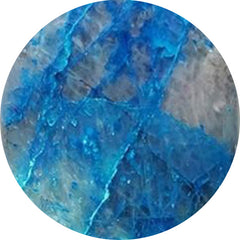 AZURITE (281)
AZURITE (281)
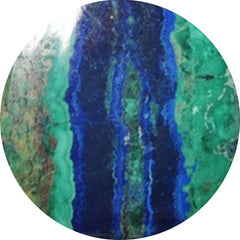 AZURITE MALACHITE (43)
AZURITE MALACHITE (43)
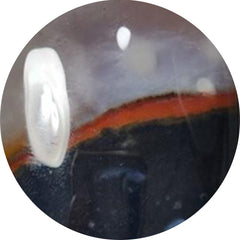 BANDED AGATE (60)
BANDED AGATE (60)
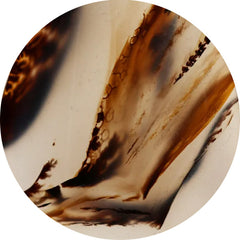 BARBER AGATE (0)
BARBER AGATE (0)
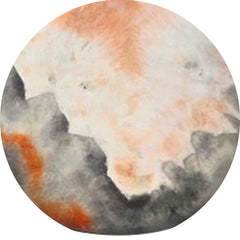 BARITE (12)
BARITE (12)
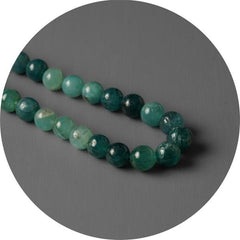 Beads (60)
Beads (60)
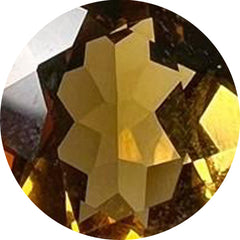 BEER QUARTZ (15)
BEER QUARTZ (15)
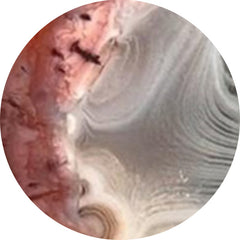 BERBER AGATE (4)
BERBER AGATE (4)
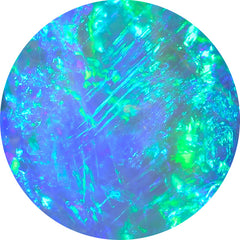 Best Seller (0)
Best Seller (0)
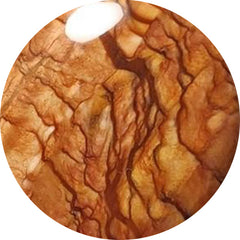 BIGGS JASPER (19)
BIGGS JASPER (19)
 Bird Carving (97)
Bird Carving (97)
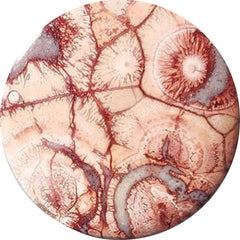 BIRD EYE JASPER (52)
BIRD EYE JASPER (52)
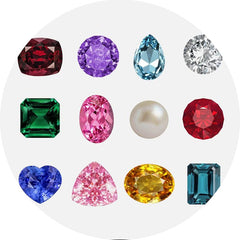 Birthstones (0)
Birthstones (0)
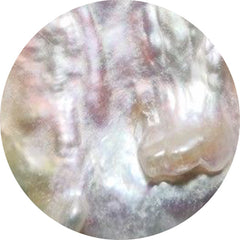 BIWA PEARL (39)
BIWA PEARL (39)
 Black Gemstones (795)
Black Gemstones (795)
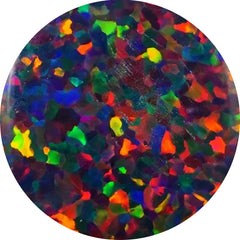 BLACK OPAL (57)
BLACK OPAL (57)
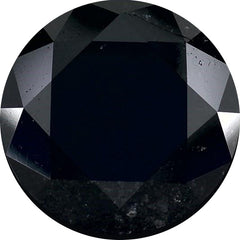 BLACK SPINEL (20)
BLACK SPINEL (20)
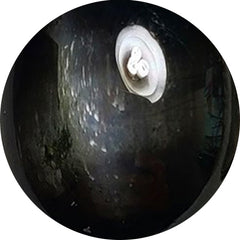 BLACK STAR (32)
BLACK STAR (32)
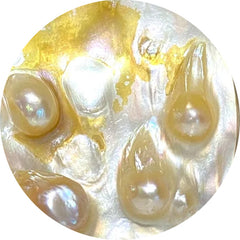 BLISTER PEARL (34)
BLISTER PEARL (34)
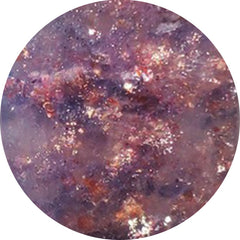 BLOODSHOT IOLITE (32)
BLOODSHOT IOLITE (32)
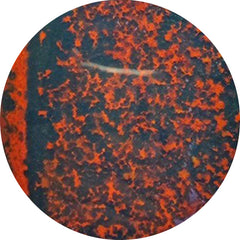 BLOODSTONE (83)
BLOODSTONE (83)
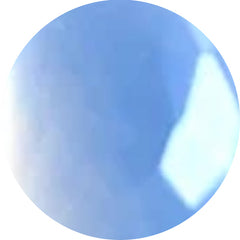 BLUE CHALCEDONY (26)
BLUE CHALCEDONY (26)
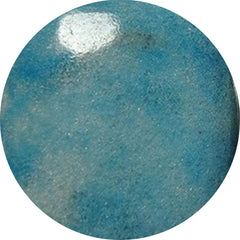 BLUE DIOPSIDE (0)
BLUE DIOPSIDE (0)
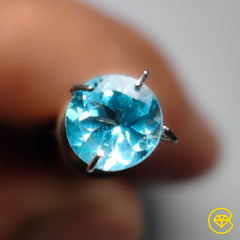 Blue Gemstones (1255)
Blue Gemstones (1255)
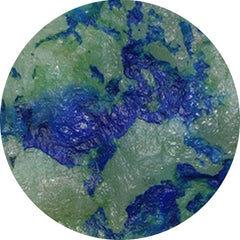 BLUE HORIZON (15)
BLUE HORIZON (15)
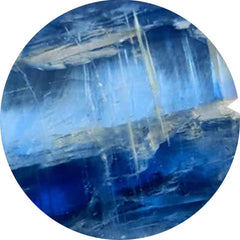 BLUE KYANITE (51)
BLUE KYANITE (51)
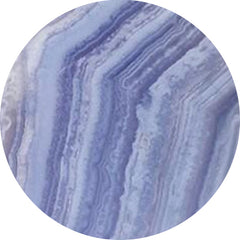 BLUE LACE AGATE (214)
BLUE LACE AGATE (214)
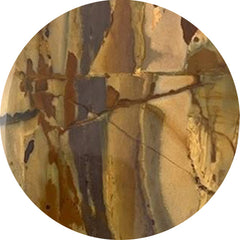 BLUE MOUNTAIN JASPER (0)
BLUE MOUNTAIN JASPER (0)
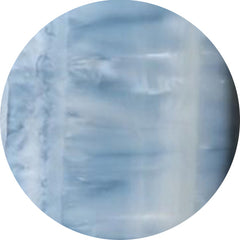 BLUE OPAL (184)
BLUE OPAL (184)
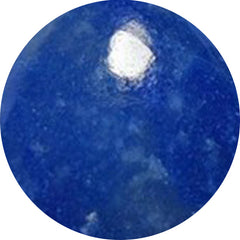 BLUE QUARTZ (27)
BLUE QUARTZ (27)
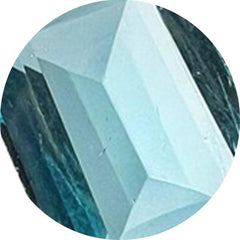 BLUE TOPAZ (84)
BLUE TOPAZ (84)
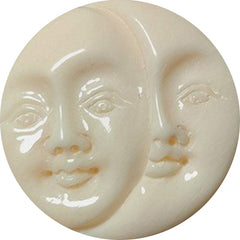 BONE (24)
BONE (24)
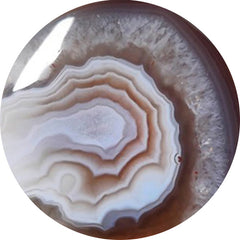 BOTSWANA AGATE (237)
BOTSWANA AGATE (237)
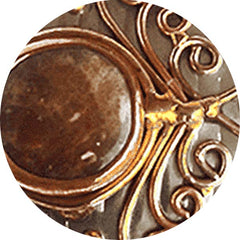 BRONZE (0)
BRONZE (0)
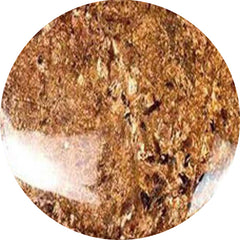 BRONZITE (3)
BRONZITE (3)
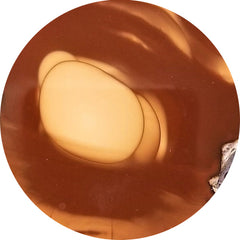 BRUNEAU JASPER (10)
BRUNEAU JASPER (10)
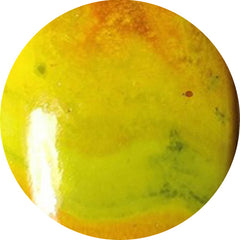 BUMBLE BEE JASPER (197)
BUMBLE BEE JASPER (197)
 Buy Gemstones In USA (538)
Buy Gemstones In USA (538)
 Cabochon (0)
Cabochon (0)
 Cabochons (12590)
Cabochons (12590)
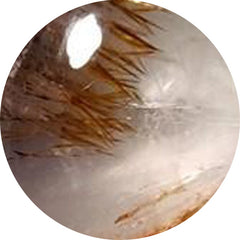 CACOXENITE (64)
CACOXENITE (64)
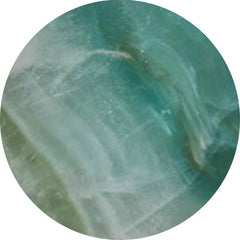 CALCITE (169)
CALCITE (169)
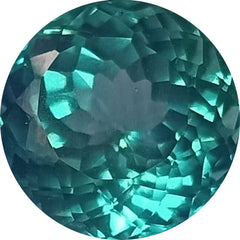 Calibrated (212)
Calibrated (212)
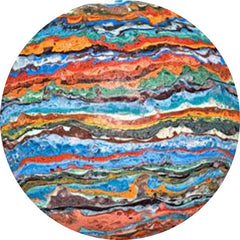 CALSILICA (0)
CALSILICA (0)
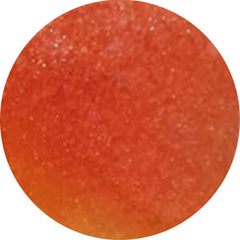 CANDY CORN (6)
CANDY CORN (6)
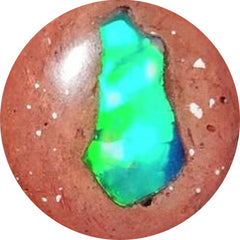 CANTERA OPAL (9)
CANTERA OPAL (9)
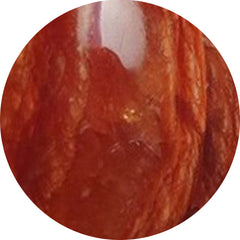 CARAMEL OPAL (2)
CARAMEL OPAL (2)
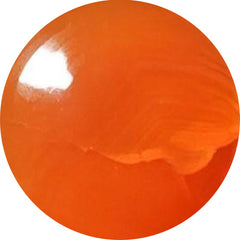 CARNELIAN AGATE (62)
CARNELIAN AGATE (62)
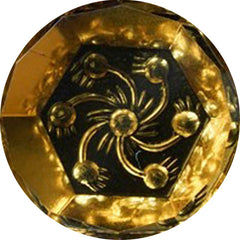 CARVING (1829)
CARVING (1829)
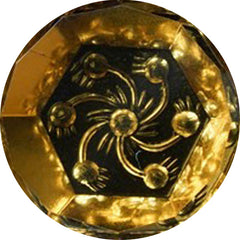 Carvings (2051)
Carvings (2051)
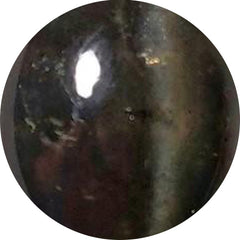 CATS EYE (61)
CATS EYE (61)
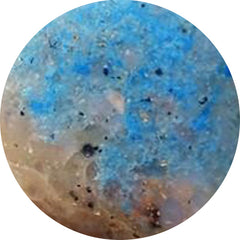 CAVANSITE (17)
CAVANSITE (17)
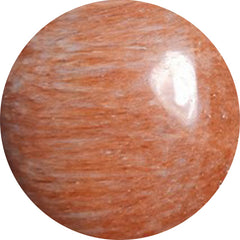 CELESTOBARITE (6)
CELESTOBARITE (6)
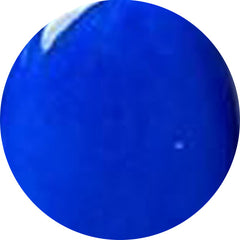 CERULEITE (0)
CERULEITE (0)
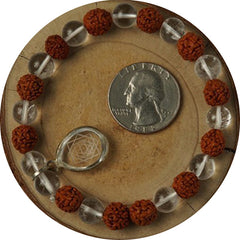 CHAKRA STONE (1)
CHAKRA STONE (1)
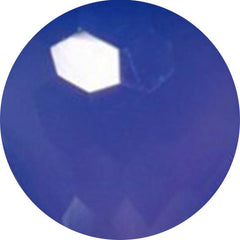 CHALCEDONY (388)
CHALCEDONY (388)
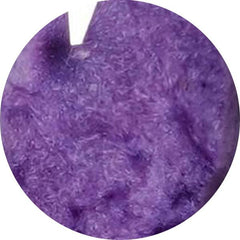 CHAROITE (167)
CHAROITE (167)
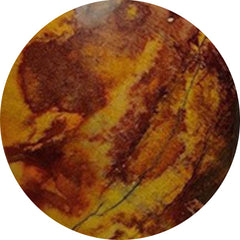 CHERRY CREEK JASPER (1)
CHERRY CREEK JASPER (1)
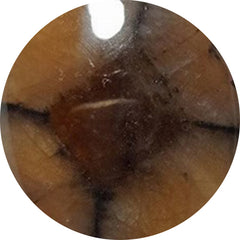 CHIASTOLITE (18)
CHIASTOLITE (18)
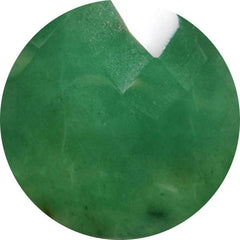 CHROME CHALCEDONY (79)
CHROME CHALCEDONY (79)
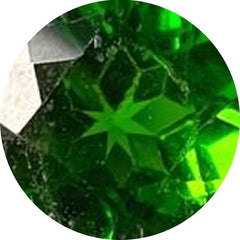 CHROME DIOPSIDE (22)
CHROME DIOPSIDE (22)
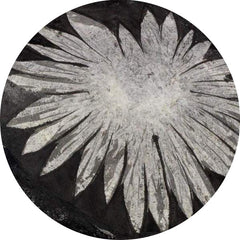 CHRYSANTHEMUM FOSSIL (0)
CHRYSANTHEMUM FOSSIL (0)
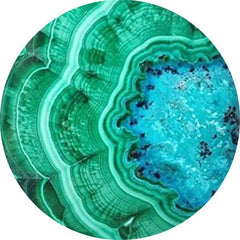 CHRYSOCOLLA (365)
CHRYSOCOLLA (365)
 Chrysocolla Malachite (74)
Chrysocolla Malachite (74)
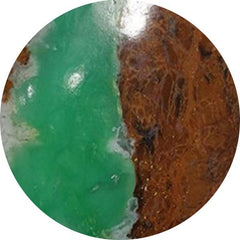 CHRYSOPRASE (274)
CHRYSOPRASE (274)
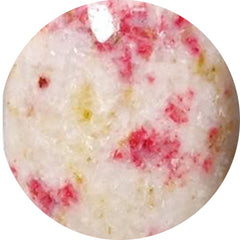 CINNABAR (16)
CINNABAR (16)
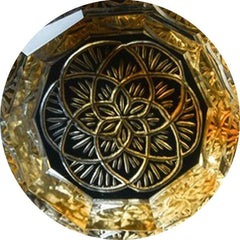 CITRINE (99)
CITRINE (99)
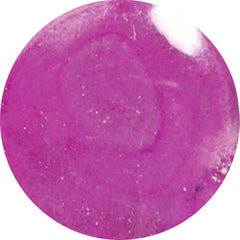 COBALTO CALCITE (51)
COBALTO CALCITE (51)
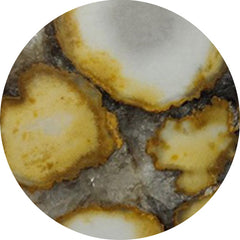 COBRA JASPER (32)
COBRA JASPER (32)
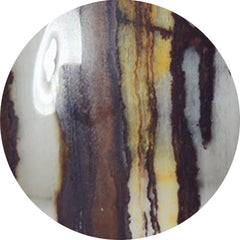 COCONUT JASPER (2)
COCONUT JASPER (2)
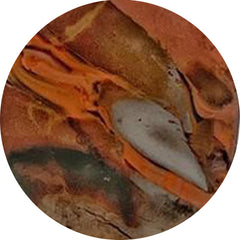 COFFEE BEAN JASPER (2)
COFFEE BEAN JASPER (2)
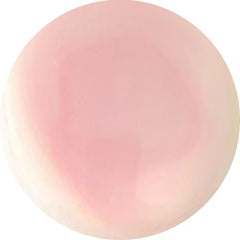 CONCH SHELL (12)
CONCH SHELL (12)
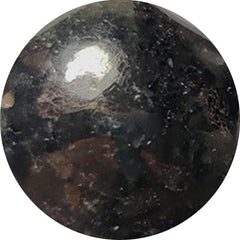 COPPERNITE (0)
COPPERNITE (0)
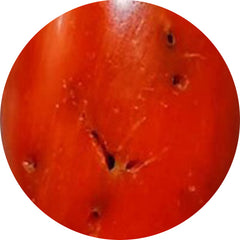 CORAL (323)
CORAL (323)
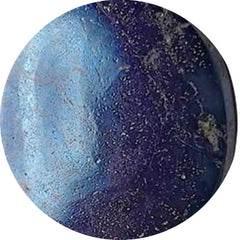 COVELLITE (13)
COVELLITE (13)
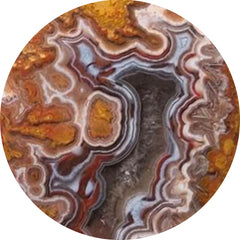 CRAZY LACE AGATE (191)
CRAZY LACE AGATE (191)
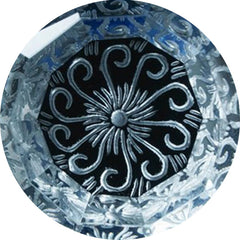 CRYSTAL (247)
CRYSTAL (247)
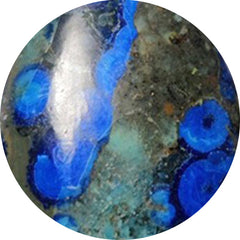 CUPRITE (22)
CUPRITE (22)
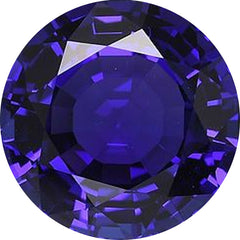 DECEMBER BIRTHSTONE (84)
DECEMBER BIRTHSTONE (84)
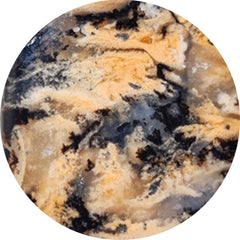 DENDRITIC AGATE (402)
DENDRITIC AGATE (402)
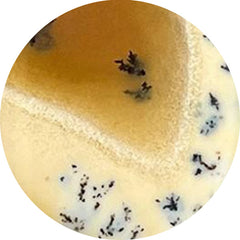 DENDRITIC OPAL (61)
DENDRITIC OPAL (61)
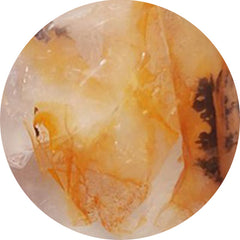 DENDRITIC QUARTZ (2)
DENDRITIC QUARTZ (2)
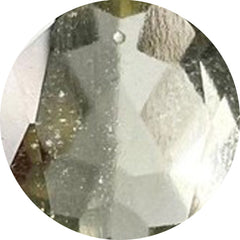 DESERT GLASS (8)
DESERT GLASS (8)
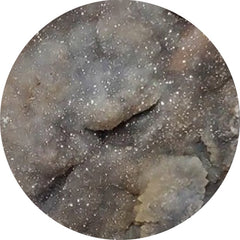 DESERT JASPER DRUZY (5)
DESERT JASPER DRUZY (5)
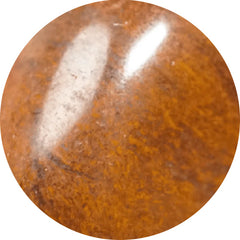 DESERT SUNSET JASPER (6)
DESERT SUNSET JASPER (6)
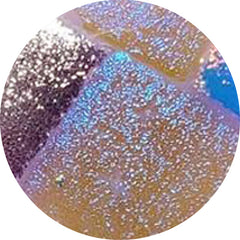 DICHROIC GLASS (132)
DICHROIC GLASS (132)
 DINOSAUR BONE FOSSIL (16)
DINOSAUR BONE FOSSIL (16)
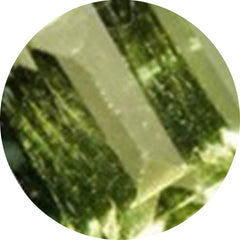 DIOPSIDE (55)
DIOPSIDE (55)
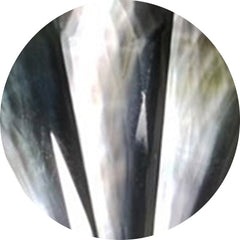 Doublets (749)
Doublets (749)
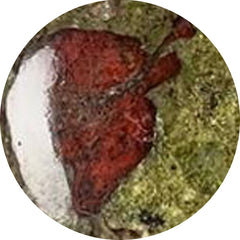 DRAGONBLOOD JASPER (4)
DRAGONBLOOD JASPER (4)
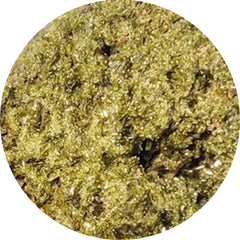 DRUZY (361)
DRUZY (361)
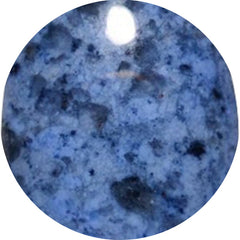 DUMORTIERITE (44)
DUMORTIERITE (44)
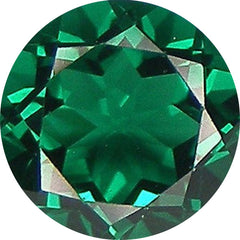 EMERALD (62)
EMERALD (62)
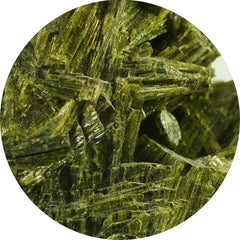 EPIDOTE (10)
EPIDOTE (10)
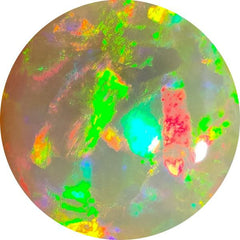 ETHIOPIAN OPAL (10)
ETHIOPIAN OPAL (10)
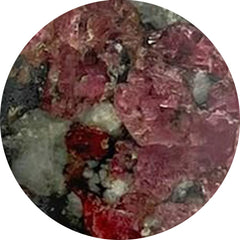 EUDIALYTE (19)
EUDIALYTE (19)
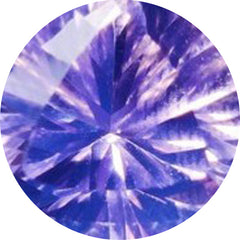 FACETED ROSE CUT (2017)
FACETED ROSE CUT (2017)
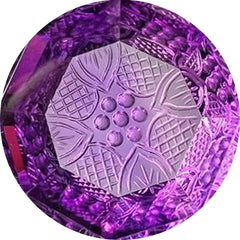 FANTASY CUTS (63)
FANTASY CUTS (63)
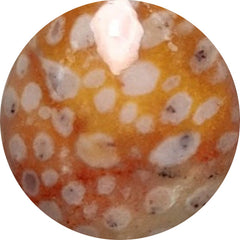 FAWN JASPER (18)
FAWN JASPER (18)
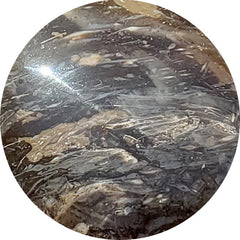 FEATHER AGATE (0)
FEATHER AGATE (0)
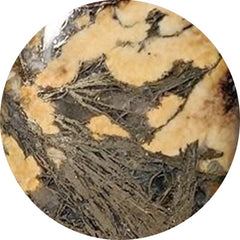 FEATHER PYRITE (42)
FEATHER PYRITE (42)
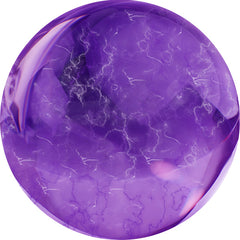 FEBRUARY BIRTHSTONE (498)
FEBRUARY BIRTHSTONE (498)
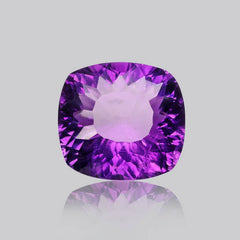 Fine Amethyst (33)
Fine Amethyst (33)
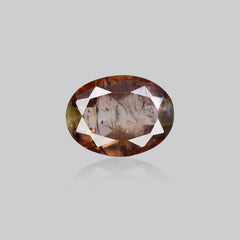 Fine Andalusite (2)
Fine Andalusite (2)
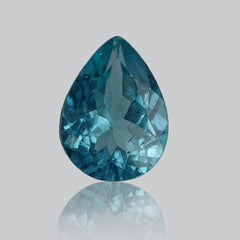 Fine Apatite (10)
Fine Apatite (10)
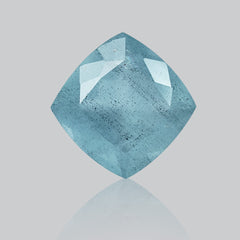 Fine Aquamarine (13)
Fine Aquamarine (13)
 Fine Blue Topaz (60)
Fine Blue Topaz (60)
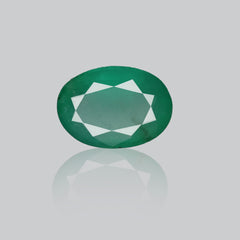 Fine Emerald (17)
Fine Emerald (17)
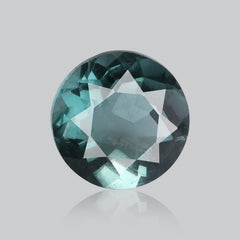 Fine Fluorite (13)
Fine Fluorite (13)
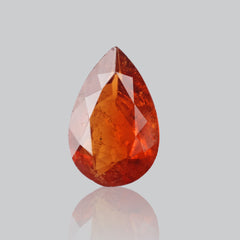 Fine Garnet (31)
Fine Garnet (31)
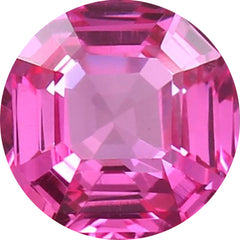 Fine Gemstone (0)
Fine Gemstone (0)
 Fine Iolite (14)
Fine Iolite (14)
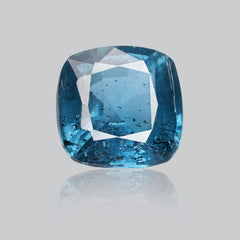 Fine Kyanite (41)
Fine Kyanite (41)
 Fine Moonstone (22)
Fine Moonstone (22)
 Fine Peridot (31)
Fine Peridot (31)
 Fine Prasiolite (34)
Fine Prasiolite (34)
 Fine Sapphire (9)
Fine Sapphire (9)
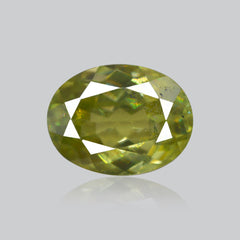 Fine Sphene (17)
Fine Sphene (17)
 Fine Sunstone (8)
Fine Sunstone (8)
 Fine Tanzanite (35)
Fine Tanzanite (35)
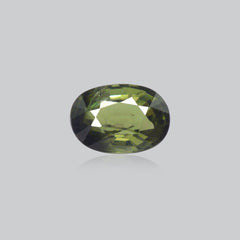 Fine Tourmaline (9)
Fine Tourmaline (9)
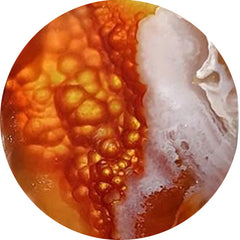 FIRE AGATE (3)
FIRE AGATE (3)
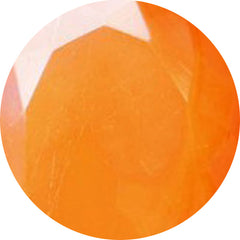 FIRE OPALS (8)
FIRE OPALS (8)
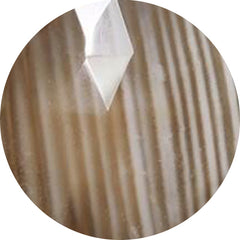 FLINT STONE (9)
FLINT STONE (9)
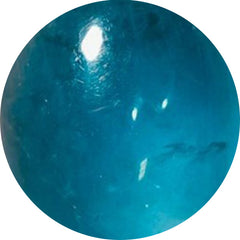 FLUORITE (190)
FLUORITE (190)
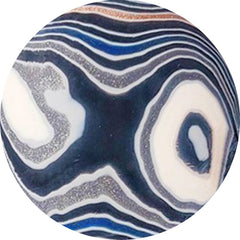 FORDITE (37)
FORDITE (37)
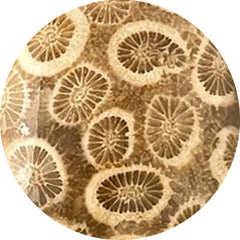 FOSSIL CORAL (286)
FOSSIL CORAL (286)
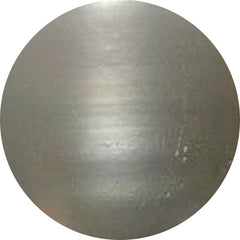 FOSSIL MARSTON MARBLE (4)
FOSSIL MARSTON MARBLE (4)
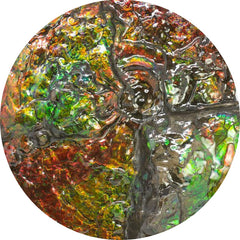 Fossils (499)
Fossils (499)
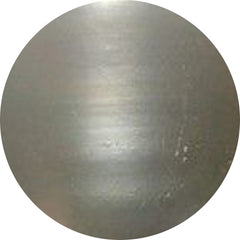 FRESHWATER PEARL (32)
FRESHWATER PEARL (32)
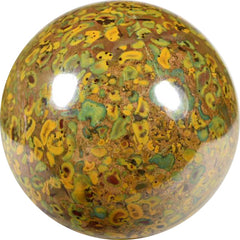 FRUIT JASPER (15)
FRUIT JASPER (15)
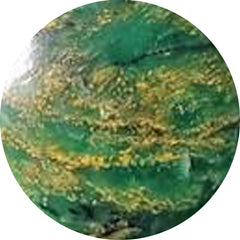 FUCHSITE (7)
FUCHSITE (7)
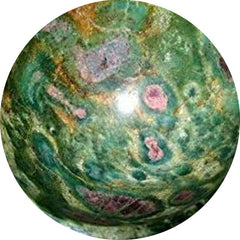 FUSCHITE (11)
FUSCHITE (11)
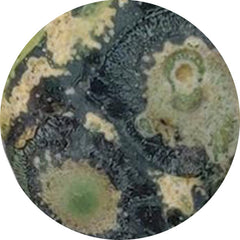 GALAXY JASPER (4)
GALAXY JASPER (4)
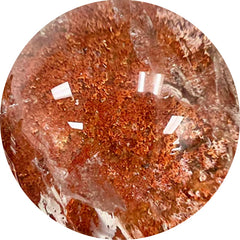 GARDEN QUARTZ (2)
GARDEN QUARTZ (2)
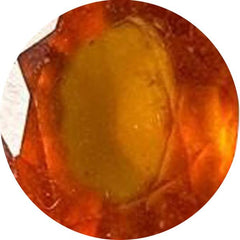 GARNET (115)
GARNET (115)
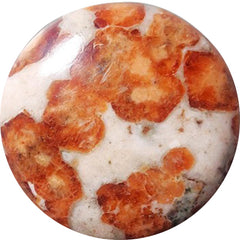 GARNET IN LIMESTONE (30)
GARNET IN LIMESTONE (30)
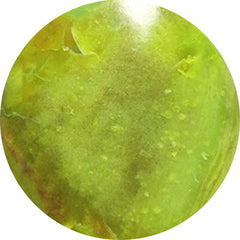 GASPEITE (23)
GASPEITE (23)
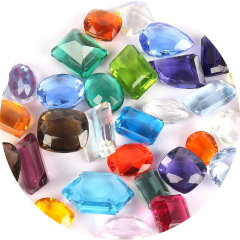 GEMSTONE LOTS (544)
GEMSTONE LOTS (544)
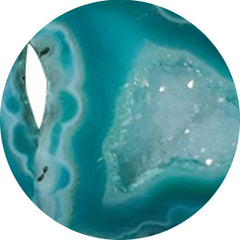 GEODE (26)
GEODE (26)
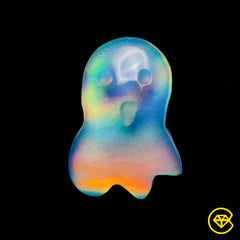 Ghost carving (16)
Ghost carving (16)
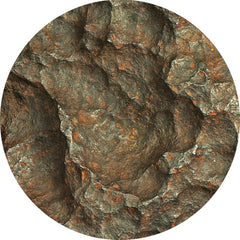 GIBEON METEORITE (0)
GIBEON METEORITE (0)
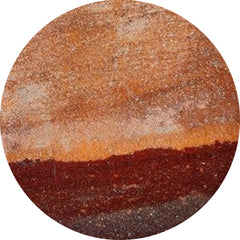 GILA MONSTER AGATE (16)
GILA MONSTER AGATE (16)
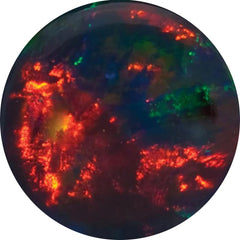 GILSON OPAL (29)
GILSON OPAL (29)
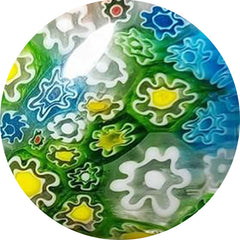 GLASS (154)
GLASS (154)
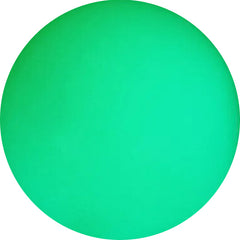 GLOW STONE (15)
GLOW STONE (15)
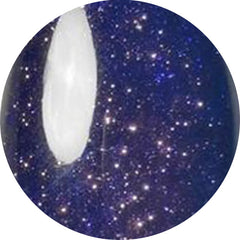 GOLDSTONE (30)
GOLDSTONE (30)
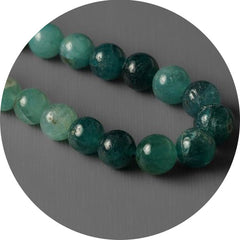 GRANDIDIERITE (11)
GRANDIDIERITE (11)
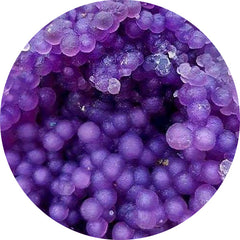 GRAPE AGATE (123)
GRAPE AGATE (123)
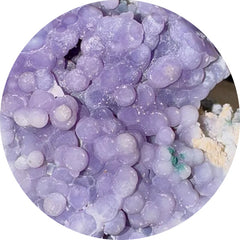 GRAPE CHALCEDONY (4)
GRAPE CHALCEDONY (4)
 Green Gemstones (416)
Green Gemstones (416)
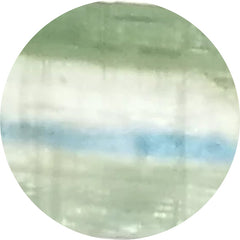 GREEN KYANITE (14)
GREEN KYANITE (14)
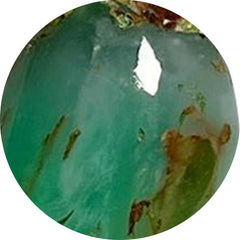 GREEN PRASE OPAL (16)
GREEN PRASE OPAL (16)
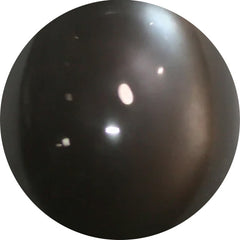 GREY MOONSTONE (35)
GREY MOONSTONE (35)
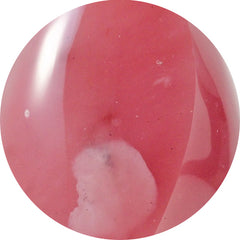 GUAVA QUARTZ (9)
GUAVA QUARTZ (9)
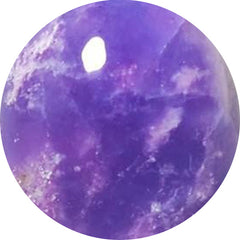 HACKMANITE (12)
HACKMANITE (12)
 HEART CARVING (387)
HEART CARVING (387)
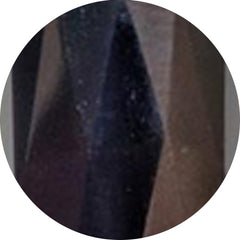 HEMATITE (25)
HEMATITE (25)
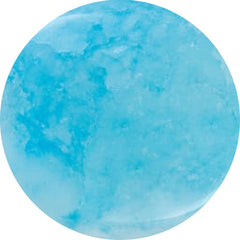 HEMIMORPHITE (54)
HEMIMORPHITE (54)
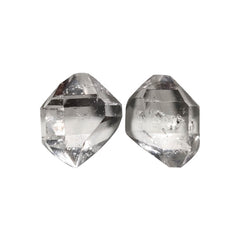 Herkimer Diamond (44)
Herkimer Diamond (44)
 Himalayan Quartz (431)
Himalayan Quartz (431)
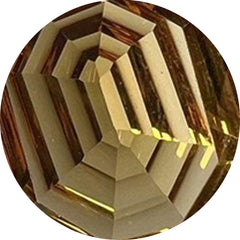 HONEY QUARTZ (22)
HONEY QUARTZ (22)
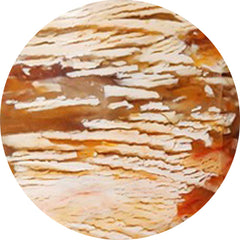 HOWARDITE OPAL (5)
HOWARDITE OPAL (5)
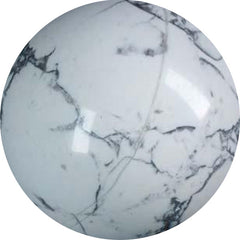 HOWLITE (5)
HOWLITE (5)
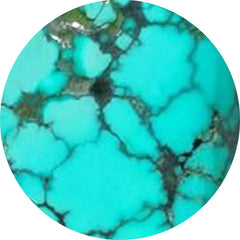 HUBEI TURQUOISE (124)
HUBEI TURQUOISE (124)
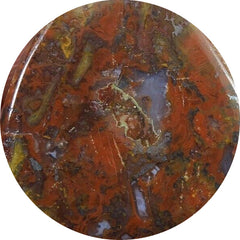 HUNGARIAN AGATE (1)
HUNGARIAN AGATE (1)
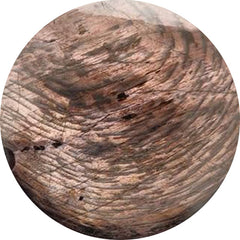 HYPERSTHENE (44)
HYPERSTHENE (44)
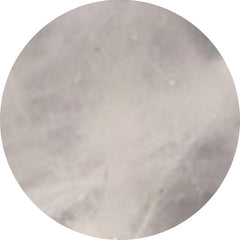 ICE QUARTZ (0)
ICE QUARTZ (0)
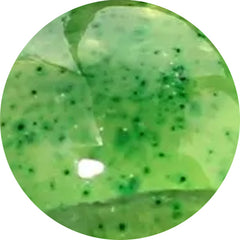 IDOCRASE (0)
IDOCRASE (0)
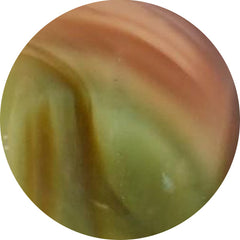 IMPERIAL JASPER (78)
IMPERIAL JASPER (78)
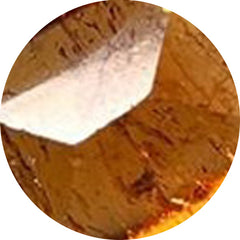 IMPERIAL TOPAZ (1)
IMPERIAL TOPAZ (1)
 INDIAN PAINT STONE (6)
INDIAN PAINT STONE (6)
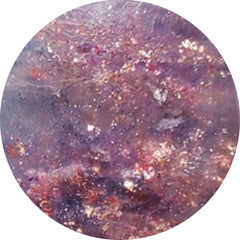 IOLITE (109)
IOLITE (109)
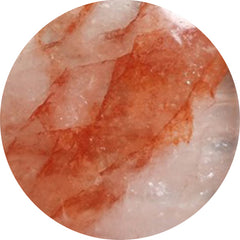 IRON QUARTZ (21)
IRON QUARTZ (21)
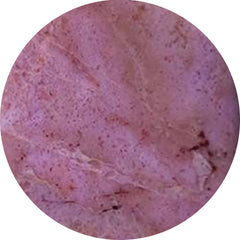 JADE (39)
JADE (39)
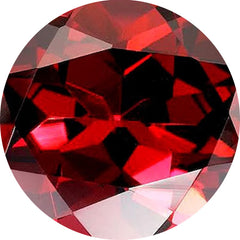 JANUARY BIRTHSTONE (115)
JANUARY BIRTHSTONE (115)
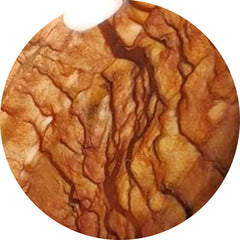 JASPERS (36)
JASPERS (36)
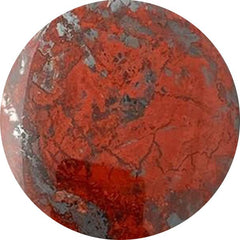 JASPILLITE (8)
JASPILLITE (8)
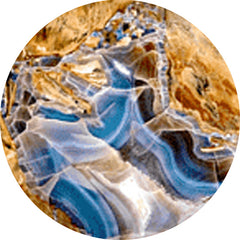 JAVA CHALCEDONY (11)
JAVA CHALCEDONY (11)
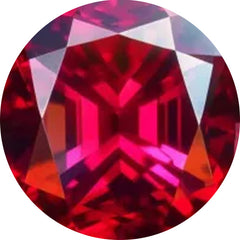 JULY BIRTHSTONE (211)
JULY BIRTHSTONE (211)
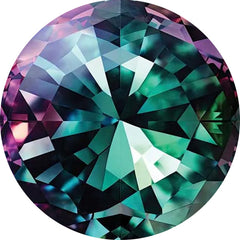 June Birthstones: Moonstone, Pearl, and Alexandrite (559)
June Birthstones: Moonstone, Pearl, and Alexandrite (559)
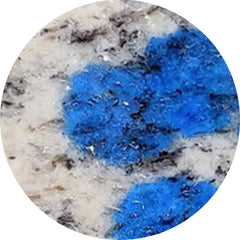 K2 JASPER (9)
K2 JASPER (9)
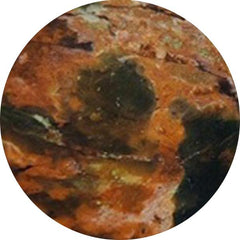 KALEIDOSCOPE AGATE (0)
KALEIDOSCOPE AGATE (0)
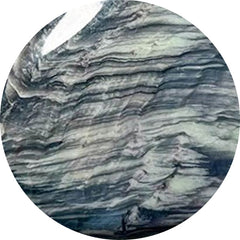 KAMMERERITE (99)
KAMMERERITE (99)
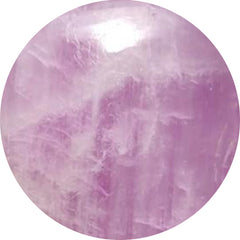 KUNZITE (11)
KUNZITE (11)
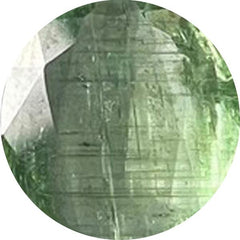 KYANITE (137)
KYANITE (137)
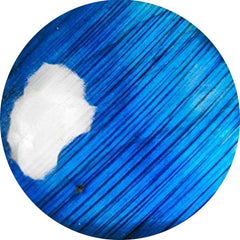 LABRADORITE (290)
LABRADORITE (290)
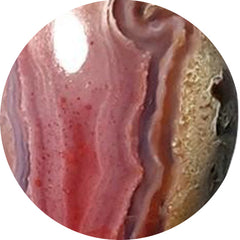 LAGUNA LACE AGATE (58)
LAGUNA LACE AGATE (58)
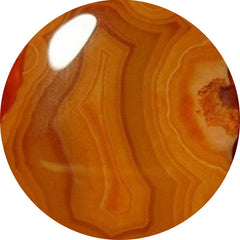 LAKE SUPERIOR AGATE (34)
LAKE SUPERIOR AGATE (34)
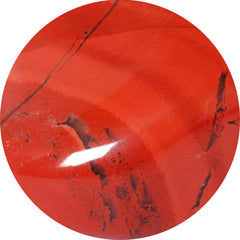 LANDSCAPE JASPER (0)
LANDSCAPE JASPER (0)
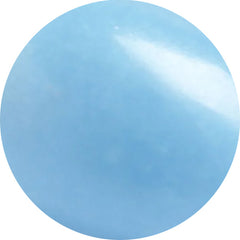 LANGITE (0)
LANGITE (0)
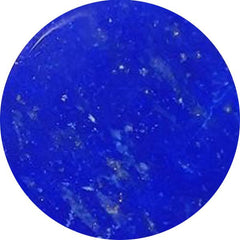 LAPIS LAZULI (167)
LAPIS LAZULI (167)
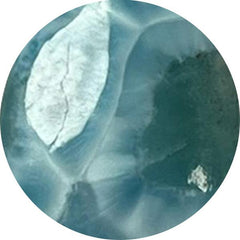 LARIMAR (58)
LARIMAR (58)
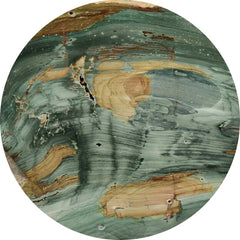 LARSONITE (17)
LARSONITE (17)
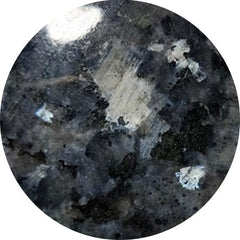 LARVIKITE FELDSPAR (40)
LARVIKITE FELDSPAR (40)
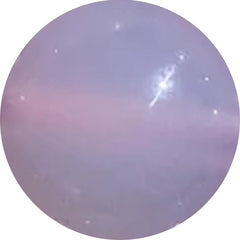 LAVENDER CHALCEDONY (26)
LAVENDER CHALCEDONY (26)
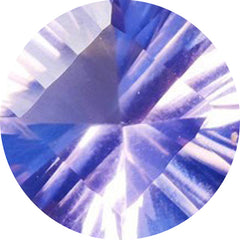 LAVENDER QUARTZ (5)
LAVENDER QUARTZ (5)
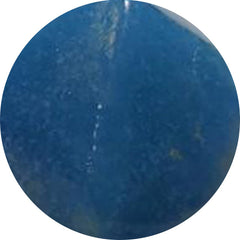 LAZULITE (8)
LAZULITE (8)
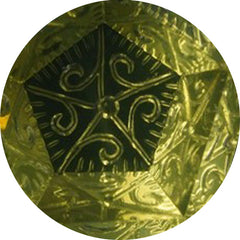 LEMON QUARTZ (40)
LEMON QUARTZ (40)
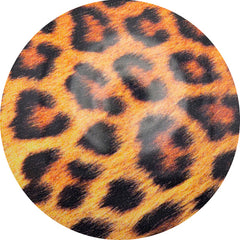 LEOPARD SKIN SHELL (0)
LEOPARD SKIN SHELL (0)
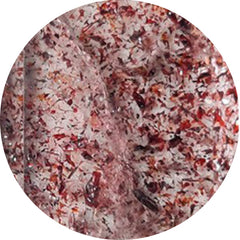 LEPIDOCROCITE (6)
LEPIDOCROCITE (6)
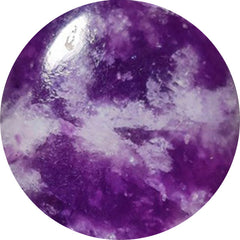 LEPIDOLITE (44)
LEPIDOLITE (44)
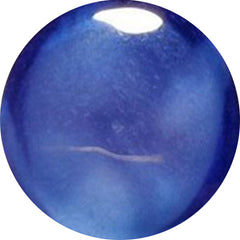 LINDY STAR SAPPHIRE (0)
LINDY STAR SAPPHIRE (0)
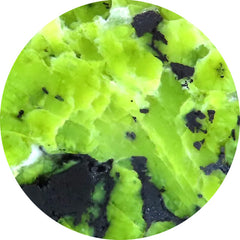 LIZARDITE (50)
LIZARDITE (50)
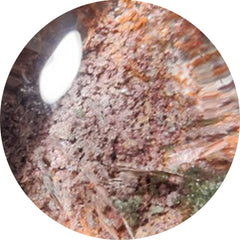 LODOLITE (105)
LODOLITE (105)
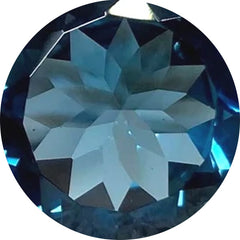 LONDON BLUE TOPAZ (34)
LONDON BLUE TOPAZ (34)
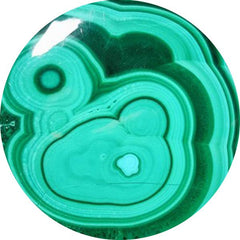 MALACHITE (609)
MALACHITE (609)
 Malawi Moonstone (6)
Malawi Moonstone (6)
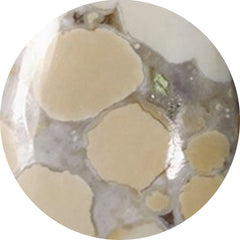 MALIGANO JASPER (45)
MALIGANO JASPER (45)
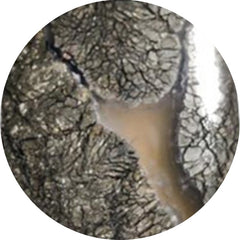 MARCASITE (13)
MARCASITE (13)
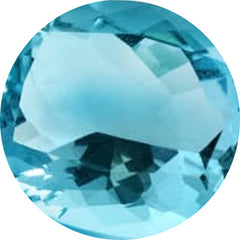 MARCH BIRTHSTONE (73)
MARCH BIRTHSTONE (73)
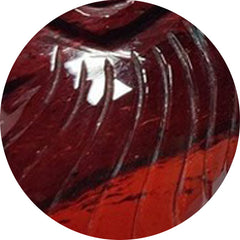 MARY ELLEN JASPER (0)
MARY ELLEN JASPER (0)
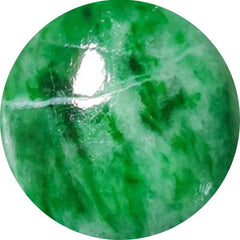 MAW SIT SIT (26)
MAW SIT SIT (26)
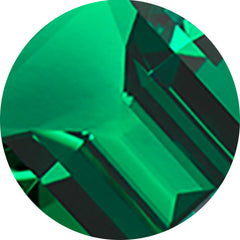 MAY BIRTHSTONE (62)
MAY BIRTHSTONE (62)
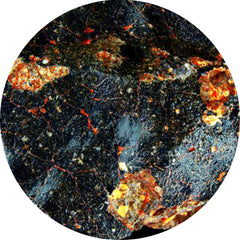 METEORITE (4)
METEORITE (4)
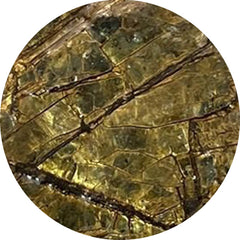 MICA (12)
MICA (12)
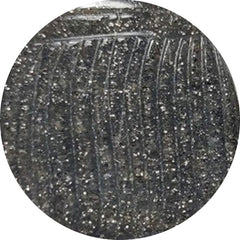 MIDNIGHT QUARTZITE (21)
MIDNIGHT QUARTZITE (21)
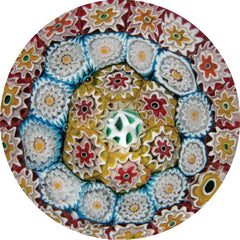 MILLEFIORI GLASS (2)
MILLEFIORI GLASS (2)
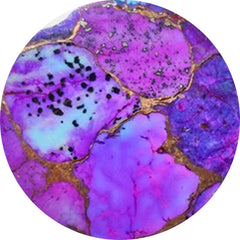 MOHAVE TURQUOISE (153)
MOHAVE TURQUOISE (153)
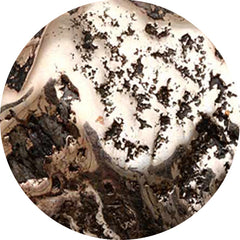 MOHAWKITES (0)
MOHAWKITES (0)
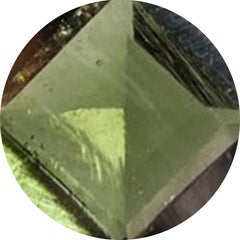 MOLDAVITE (0)
MOLDAVITE (0)
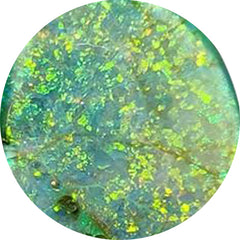 MONARCH OPAL (23)
MONARCH OPAL (23)
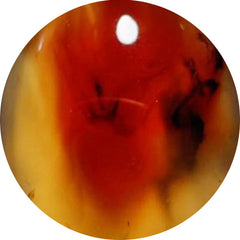 MONTANA AGATE (90)
MONTANA AGATE (90)
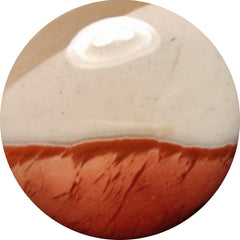 MOOKAITE (37)
MOOKAITE (37)
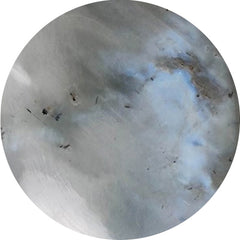 MOONSTONE (258)
MOONSTONE (258)
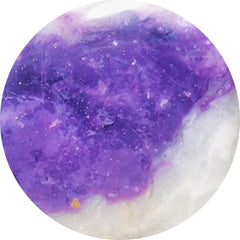 MORADO OPAL (1)
MORADO OPAL (1)
 Morenci Turquoise (0)
Morenci Turquoise (0)
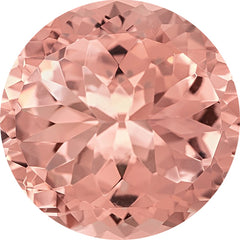 MORGANITE (0)
MORGANITE (0)
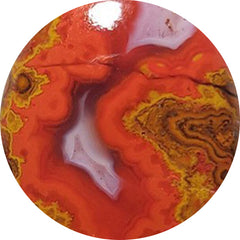 MOROCCAN SEAM AGATE (125)
MOROCCAN SEAM AGATE (125)
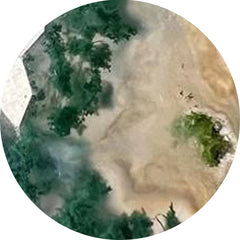 MOSS AGATE (417)
MOSS AGATE (417)
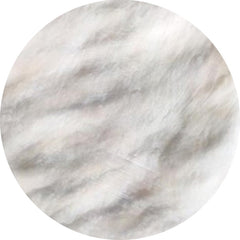 MOTHER OF PEARL (422)
MOTHER OF PEARL (422)
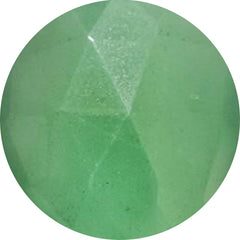 MTOROLITE (36)
MTOROLITE (36)
 Mughal Carving (552)
Mughal Carving (552)
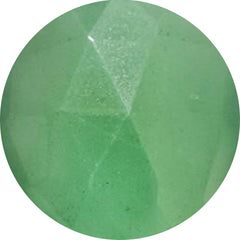 MUSCOVITE (15)
MUSCOVITE (15)
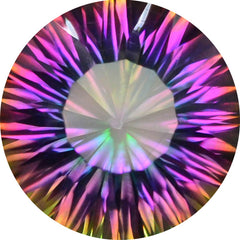 MYSTIC QUARTZ (1)
MYSTIC QUARTZ (1)
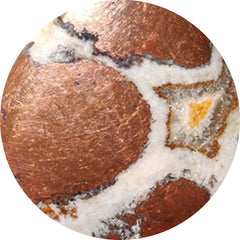 NATIVE COPPER (38)
NATIVE COPPER (38)
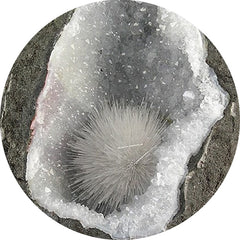 NATROLITE (11)
NATROLITE (11)
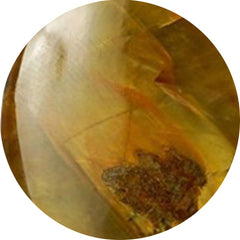 NELLITE (5)
NELLITE (5)
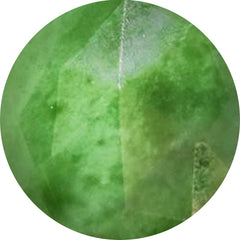 NEPHRITE JADE (5)
NEPHRITE JADE (5)
 New Arrivals (620)
New Arrivals (620)
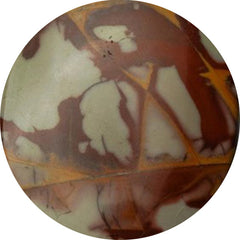 NOREENA JASPER (42)
NOREENA JASPER (42)
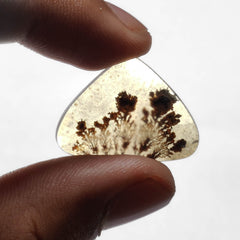 NOVEMBER BIRTHSTONE (97)
NOVEMBER BIRTHSTONE (97)
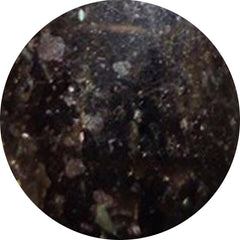 NUUMMITE (0)
NUUMMITE (0)
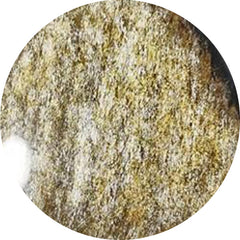 OBSIDIAN (376)
OBSIDIAN (376)
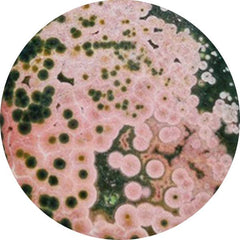 OCEAN JASPER (229)
OCEAN JASPER (229)
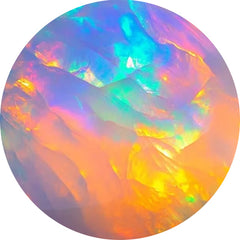 OCTOBER BIRTHSTONE (165)
OCTOBER BIRTHSTONE (165)
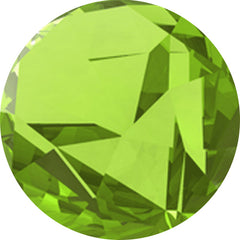 OLIVE QUARTZ (6)
OLIVE QUARTZ (6)
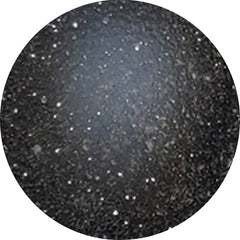 ONYX (251)
ONYX (251)
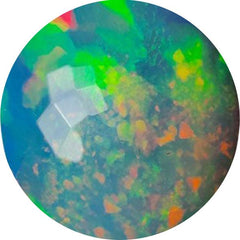 Opal (1065)
Opal (1065)
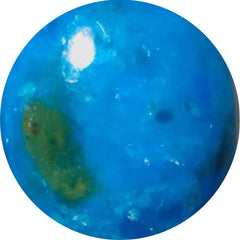 OPALINA (12)
OPALINA (12)
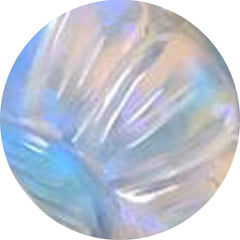 OPALITE (18)
OPALITE (18)
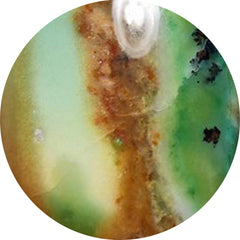 OPALWOOD (6)
OPALWOOD (6)
 Orange Gemstones (295)
Orange Gemstones (295)
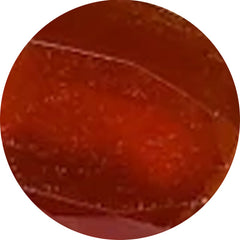 ORANGE KYANITE (6)
ORANGE KYANITE (6)
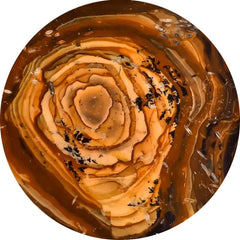 OREGON JASPER (8)
OREGON JASPER (8)
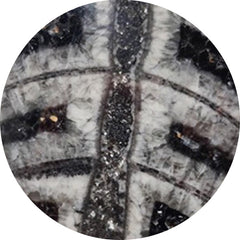 ORTHOCERAS FOSSIL (46)
ORTHOCERAS FOSSIL (46)
 Out of stock products (3)
Out of stock products (3)
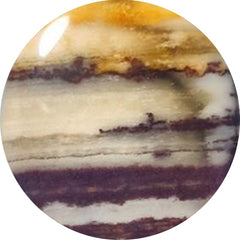 OUTBACK JASPER (6)
OUTBACK JASPER (6)
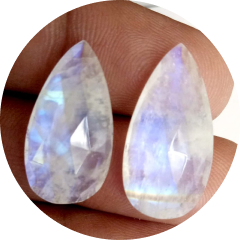 Pairs (1215)
Pairs (1215)
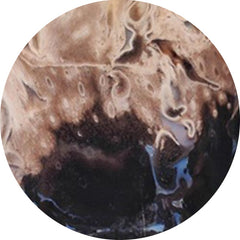 PALMROOT AGATE (70)
PALMROOT AGATE (70)
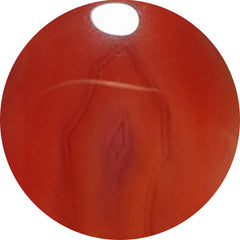 PASSION AGATE (2)
PASSION AGATE (2)
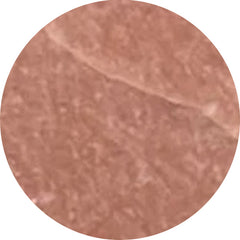 PEACH MOONSTONE (47)
PEACH MOONSTONE (47)
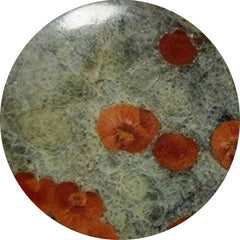 PEANUT OBSIDIAN (48)
PEANUT OBSIDIAN (48)
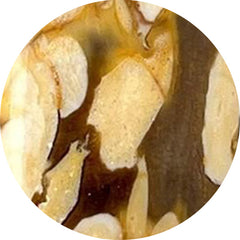 PEANUT WOOD JASPER (94)
PEANUT WOOD JASPER (94)
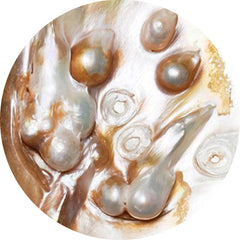 PEARL (559)
PEARL (559)
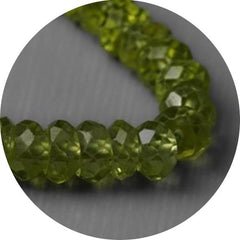 PERIDOT (35)
PERIDOT (35)
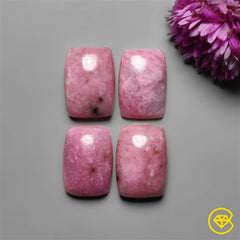 PETALITE (25)
PETALITE (25)
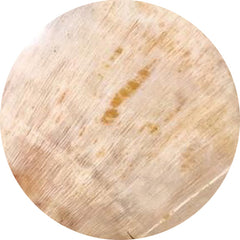 PETRIFIED WOOD (34)
PETRIFIED WOOD (34)
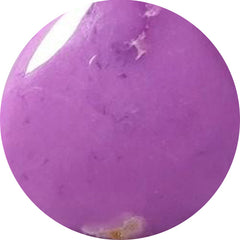 PHOSPHOSIDERITE (102)
PHOSPHOSIDERITE (102)
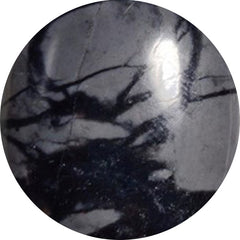 PICASSO JASPER (68)
PICASSO JASPER (68)
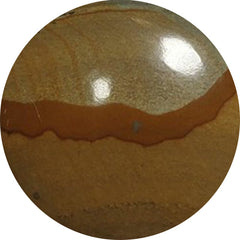 PICTURE JASPER (68)
PICTURE JASPER (68)
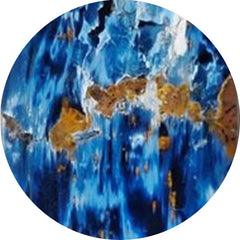 PIETERSITE (72)
PIETERSITE (72)
 Pink Gemstones (432)
Pink Gemstones (432)
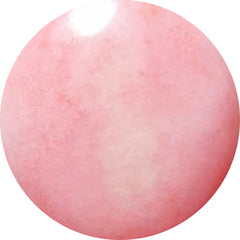 PINK OPAL (159)
PINK OPAL (159)
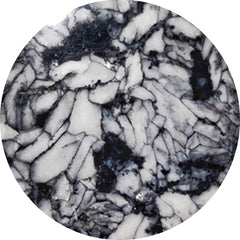 PINOLITH (34)
PINOLITH (34)
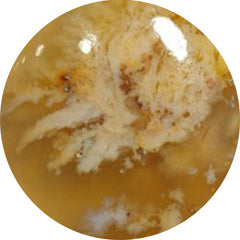 PLUME AGATE (76)
PLUME AGATE (76)
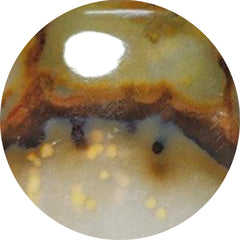 POLKA DOT AGATE (42)
POLKA DOT AGATE (42)
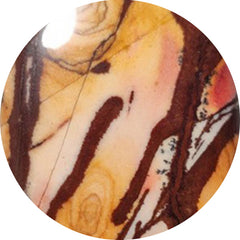 POLYCHROME JASPER (58)
POLYCHROME JASPER (58)
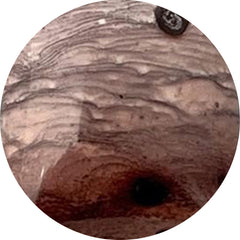 PORCELAIN JASPER (29)
PORCELAIN JASPER (29)
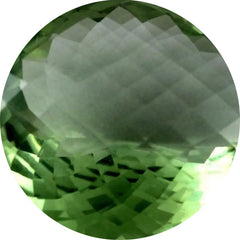 PRASIOLITE (57)
PRASIOLITE (57)
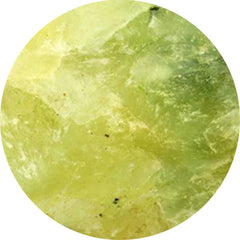 PREHNITE (24)
PREHNITE (24)
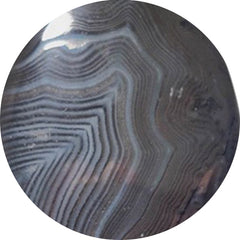 PSILOMELANE (24)
PSILOMELANE (24)
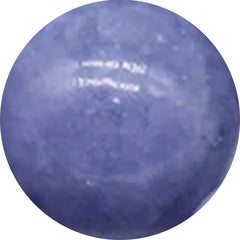 PURPLE CHALCEDONY (44)
PURPLE CHALCEDONY (44)
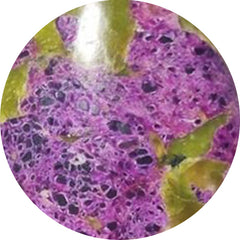 PURPURITE (11)
PURPURITE (11)
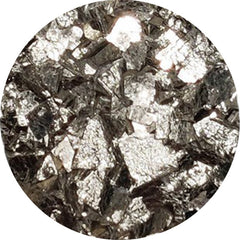 PYRITE (135)
PYRITE (135)
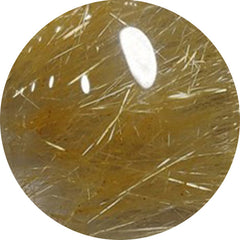 QUARTZ (62)
QUARTZ (62)
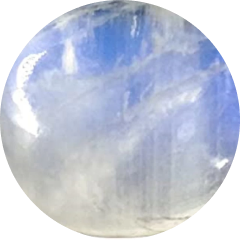 Rain Moonstones (0)
Rain Moonstones (0)
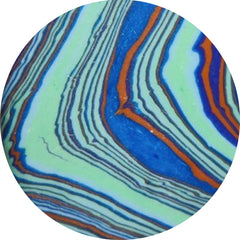 RAINBOW CALCILICA (17)
RAINBOW CALCILICA (17)
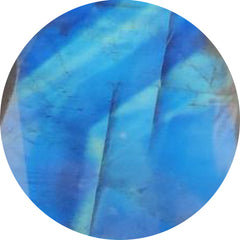 RAINBOW MOONSTONE (89)
RAINBOW MOONSTONE (89)
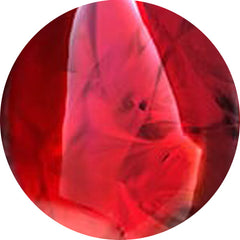 RED FOSSIL (0)
RED FOSSIL (0)
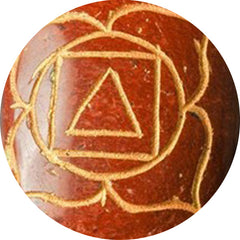 RED JASPER (3)
RED JASPER (3)
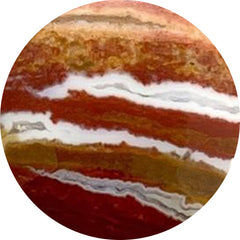 RED RIVER JASPER (18)
RED RIVER JASPER (18)
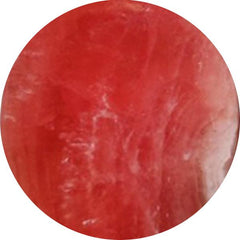 RHODOCHROSITE (342)
RHODOCHROSITE (342)
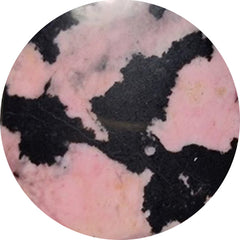 RHODONITE (83)
RHODONITE (83)
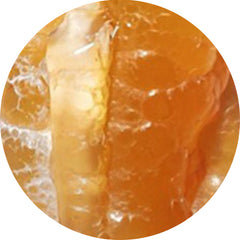 ROCK CHALCEDONY (2)
ROCK CHALCEDONY (2)
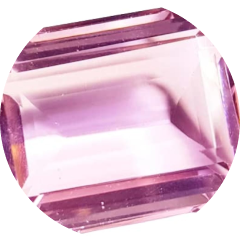 Rose Cut Gemstones (750)
Rose Cut Gemstones (750)
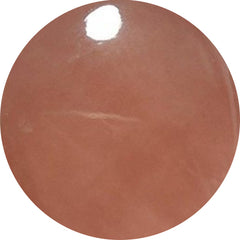 ROSE QUARTZ (69)
ROSE QUARTZ (69)
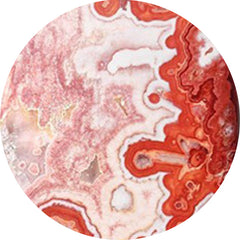 ROSITA JASPER (18)
ROSITA JASPER (18)
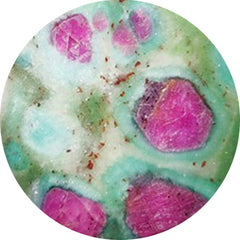 RUBY IN FUCHSITE (6)
RUBY IN FUCHSITE (6)
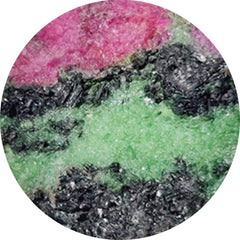 RUBY IN ZOISITE (95)
RUBY IN ZOISITE (95)
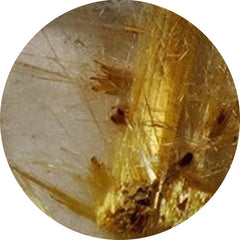 RUTILATED QUARTZ (209)
RUTILATED QUARTZ (209)
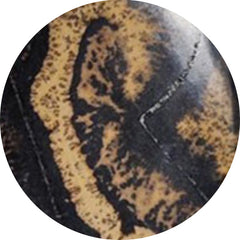 SAGE BRUSH JASPER (0)
SAGE BRUSH JASPER (0)
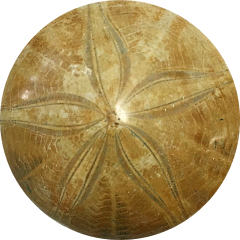 SAND DOLLAR FOSSIL (0)
SAND DOLLAR FOSSIL (0)
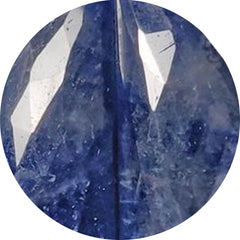 SAPPHIRE (48)
SAPPHIRE (48)
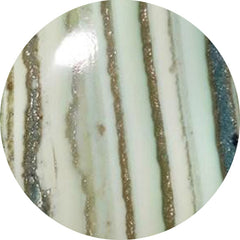 SATURN CHALCEDONY (58)
SATURN CHALCEDONY (58)
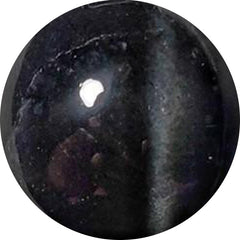 SCAPOLITE (14)
SCAPOLITE (14)
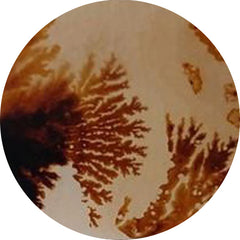 SCENIC AGATE (69)
SCENIC AGATE (69)
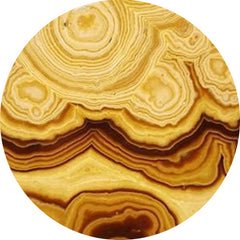 SCHALENBLENDE (98)
SCHALENBLENDE (98)
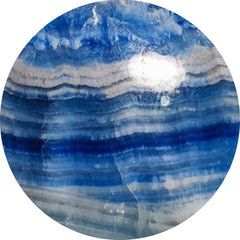 SCHEELITE (41)
SCHEELITE (41)
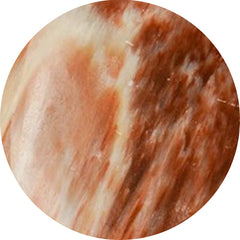 SCOLECITE (52)
SCOLECITE (52)
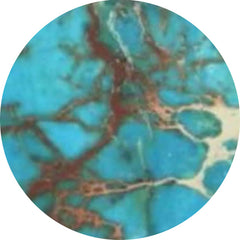 SEA SEDIMENT JASPER (8)
SEA SEDIMENT JASPER (8)
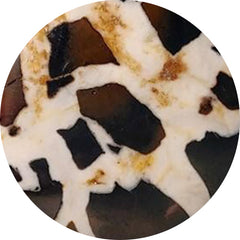 SEPTARIAN (82)
SEPTARIAN (82)
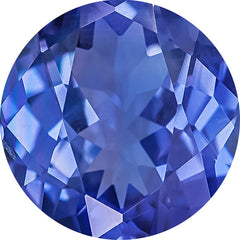 SEPTEMBER BIRTHSTONE (171)
SEPTEMBER BIRTHSTONE (171)
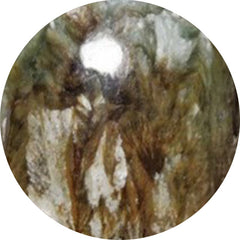 SERAPHINITE (64)
SERAPHINITE (64)
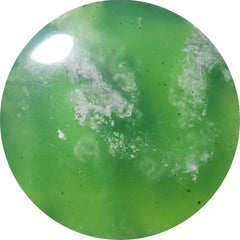 SERPENTINE (183)
SERPENTINE (183)
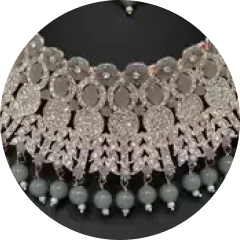 SETS (0)
SETS (0)
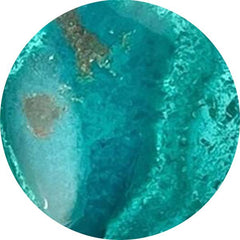 SHATTUCKITE (273)
SHATTUCKITE (273)
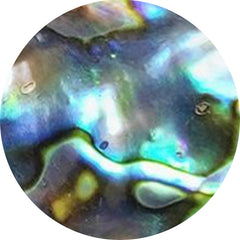 SHELL (265)
SHELL (265)
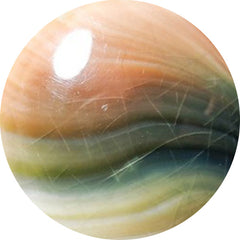 SHIVA EYE SHELL (50)
SHIVA EYE SHELL (50)
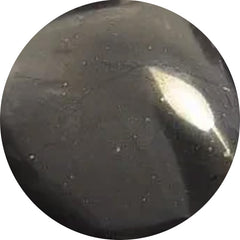 SHUNGITE (5)
SHUNGITE (5)
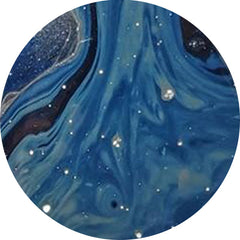 SIEBER AGATE (2)
SIEBER AGATE (2)
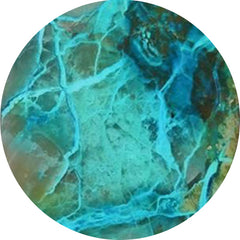 SILICA (4)
SILICA (4)
 Silver Leaf Jasper (16)
Silver Leaf Jasper (16)
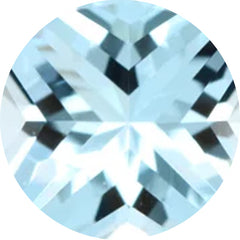 SKY BLUE TOPAZ (7)
SKY BLUE TOPAZ (7)
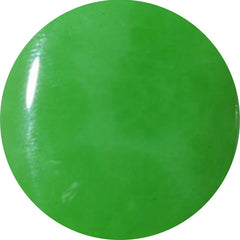 SMITHSONITE (44)
SMITHSONITE (44)
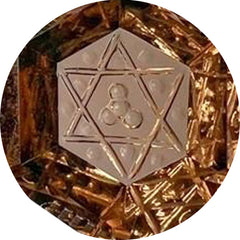 SMOKY QUARTZ (28)
SMOKY QUARTZ (28)
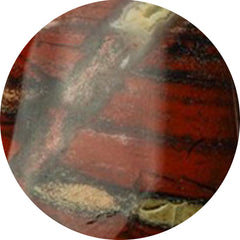 SNAKESKIN JASPER (60)
SNAKESKIN JASPER (60)
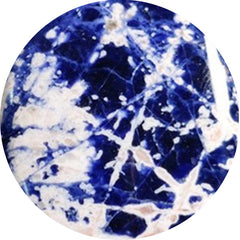 SODALITE (69)
SODALITE (69)
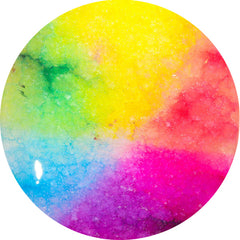 SOLAR AGATE (0)
SOLAR AGATE (0)
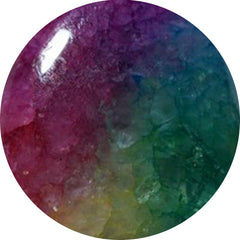 SOLAR QUARTZ (59)
SOLAR QUARTZ (59)
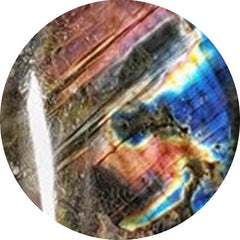 SPECTROLITE (51)
SPECTROLITE (51)
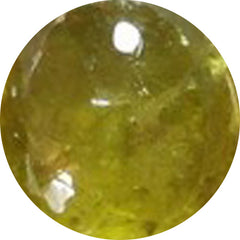 SPHENCE (22)
SPHENCE (22)
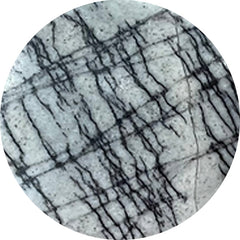 SPIDERWEB JASPER (7)
SPIDERWEB JASPER (7)
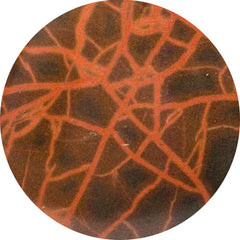 SPIDERWOMAN JASPER (1)
SPIDERWOMAN JASPER (1)
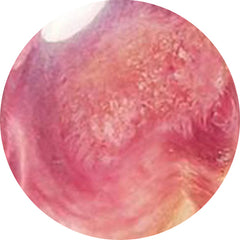 SPINY OYSTER SHELL (38)
SPINY OYSTER SHELL (38)
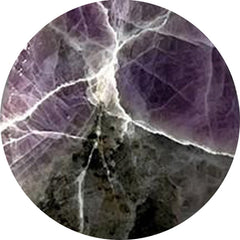 SPURRITE (8)
SPURRITE (8)
 STARBURST (1)
STARBURST (1)
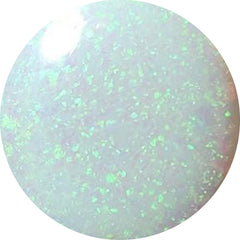 STERLING OPAL (5)
STERLING OPAL (5)
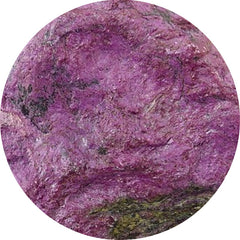 Stichtite (43)
Stichtite (43)
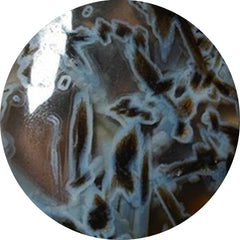 STICK AGATE (15)
STICK AGATE (15)
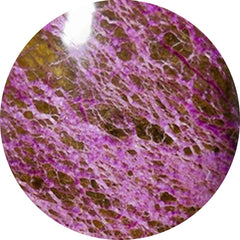 STITCHTITE (137)
STITCHTITE (137)
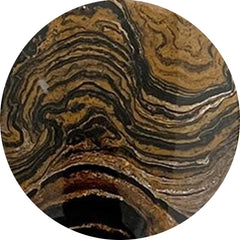 STRAMATOLITE (0)
STRAMATOLITE (0)
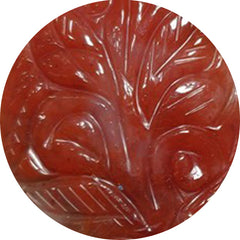 STRAWBERRY QUARTZ (9)
STRAWBERRY QUARTZ (9)
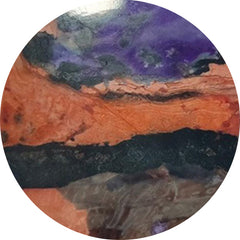 SUGILITE (1)
SUGILITE (1)
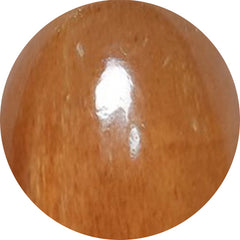 SUNSTONE (176)
SUNSTONE (176)
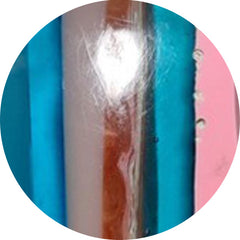 SURFITE (0)
SURFITE (0)
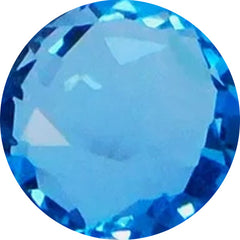 SWISS BLUE TOPAZ (40)
SWISS BLUE TOPAZ (40)
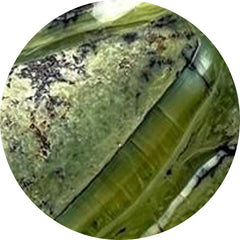 SWISS OPAL (3)
SWISS OPAL (3)
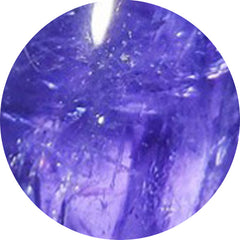 TANZANITE (46)
TANZANITE (46)
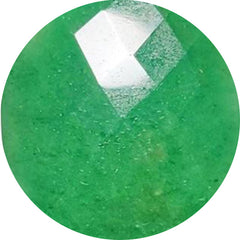 TANZURINE (11)
TANZURINE (11)
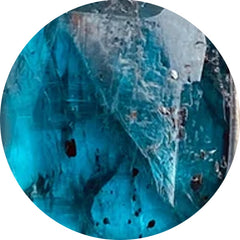 TEAL KYANITE (10)
TEAL KYANITE (10)
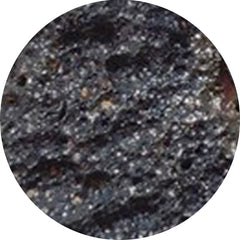 TEKTITE (16)
TEKTITE (16)
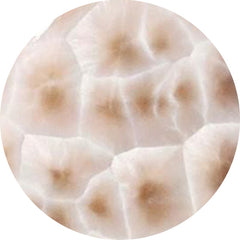 THOMSONITE (32)
THOMSONITE (32)
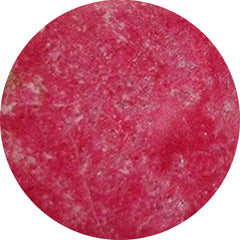 THULITE (86)
THULITE (86)
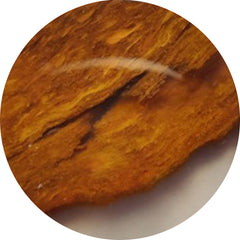 THUNDER EGG AGATE (0)
THUNDER EGG AGATE (0)
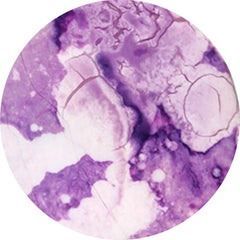 TIFFANY STONE (5)
TIFFANY STONE (5)
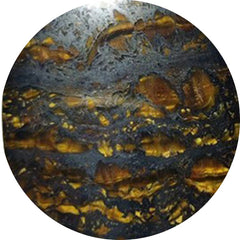 TIGER EYE (74)
TIGER EYE (74)
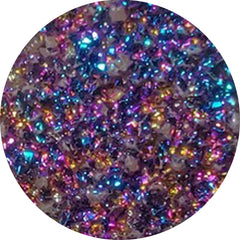 TITANIUM DRUZY (9)
TITANIUM DRUZY (9)
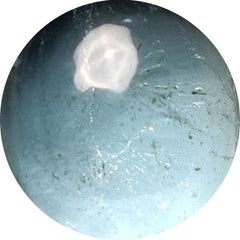 TOPAZ (85)
TOPAZ (85)
 TOURMALINE (168)
TOURMALINE (168)
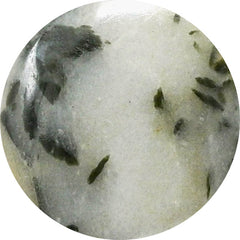 TOURMALINE IN QUARTZ (92)
TOURMALINE IN QUARTZ (92)
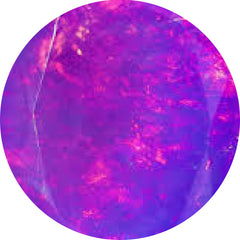 TREATED OPAL (59)
TREATED OPAL (59)
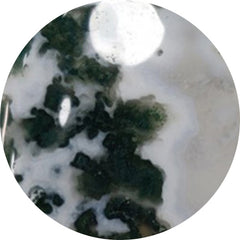 TREE AGATE (33)
TREE AGATE (33)
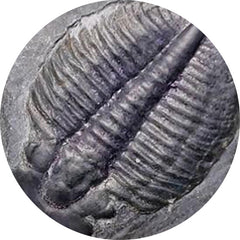 TRILOBITE FOSSIL (10)
TRILOBITE FOSSIL (10)
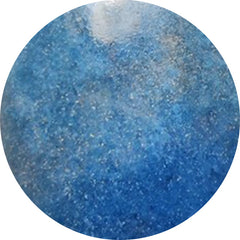 TROLLEITE QUARTZ (40)
TROLLEITE QUARTZ (40)
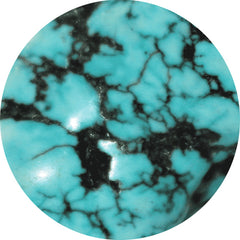 TUMBLES (1)
TUMBLES (1)
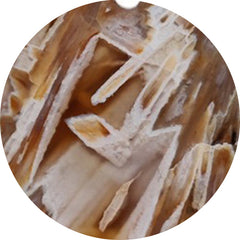 TURKISH TUBE AGATE (82)
TURKISH TUBE AGATE (82)
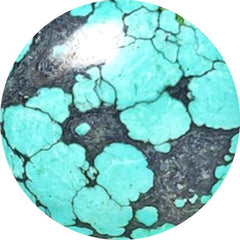 TURQUOISE (450)
TURQUOISE (450)
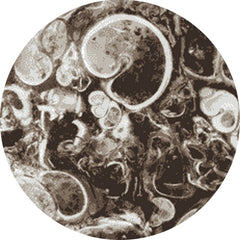 TURRITELLA JASPER (4)
TURRITELLA JASPER (4)
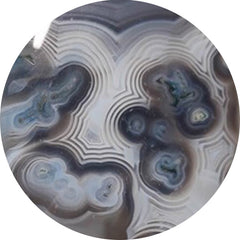 TUXEDO AGATE (57)
TUXEDO AGATE (57)
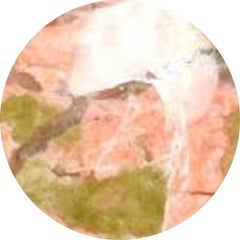 Unakite (4)
Unakite (4)
 UNDER $10 (3973)
UNDER $10 (3973)
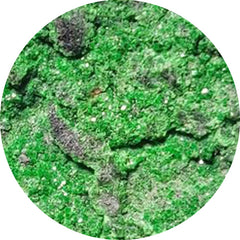 UVAROVITE GARNET (4)
UVAROVITE GARNET (4)
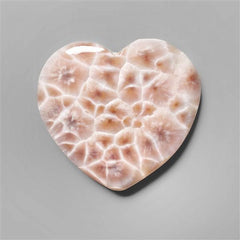 Valentine (790)
Valentine (790)
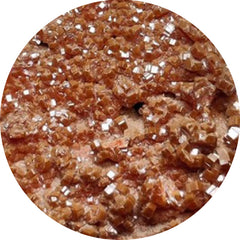 VANADINITE DRUZY (6)
VANADINITE DRUZY (6)
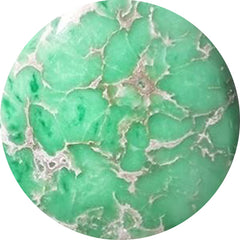 VARISCITE (113)
VARISCITE (113)
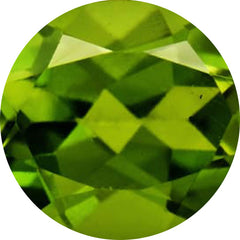 VESUVIANITE (0)
VESUVIANITE (0)
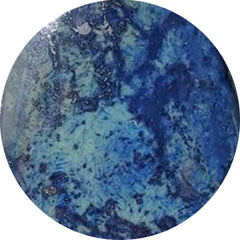 VIVIANITE (0)
VIVIANITE (0)
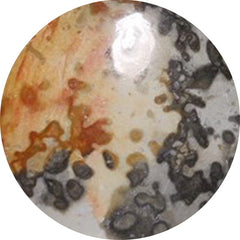 VOLCANIC COTHAM MARBLE (10)
VOLCANIC COTHAM MARBLE (10)
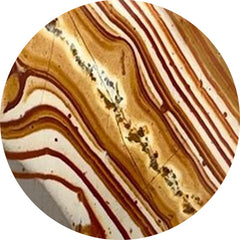 WAGUL JASPER (6)
WAGUL JASPER (6)
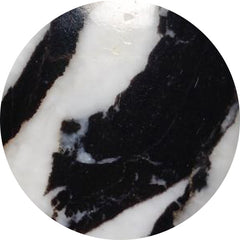 WHITE BUFFALO TURQUOISE (45)
WHITE BUFFALO TURQUOISE (45)
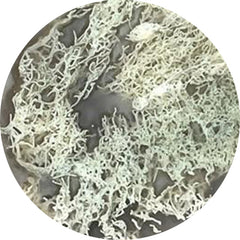 WHITE HORSE CANYON (48)
WHITE HORSE CANYON (48)
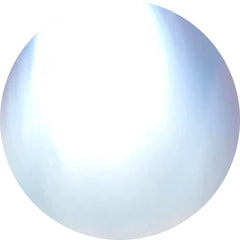 WHITE MOONSTONE (38)
WHITE MOONSTONE (38)
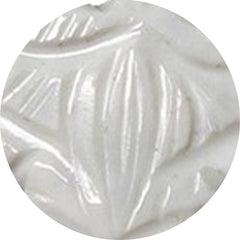 WHITE OPAL (13)
WHITE OPAL (13)
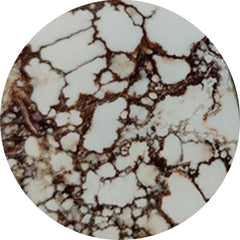 WILD HORSE JASPER (108)
WILD HORSE JASPER (108)
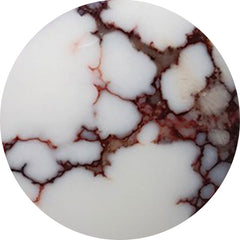 WILD HORSE MAGNESITE (59)
WILD HORSE MAGNESITE (59)
 WILLOW CREEK JASPER (9)
WILLOW CREEK JASPER (9)
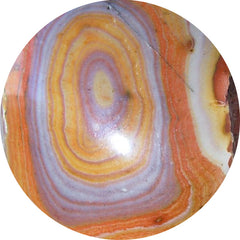 WONDER STONE (4)
WONDER STONE (4)
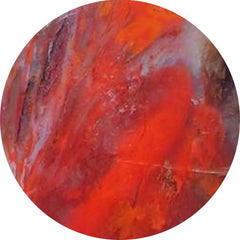 WOOD (200)
WOOD (200)
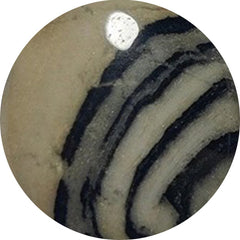 YAVAPAI TRAVERTINE (0)
YAVAPAI TRAVERTINE (0)
 Yellow Gemstones (176)
Yellow Gemstones (176)
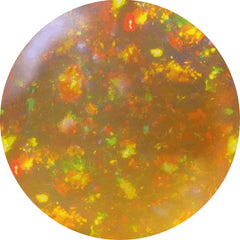 YELLOW OPAL (0)
YELLOW OPAL (0)
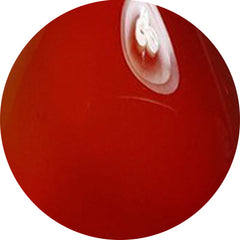 YEMENI AQEEQ (0)
YEMENI AQEEQ (0)
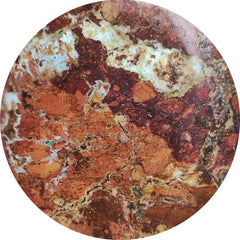 ZARINITE (0)
ZARINITE (0)
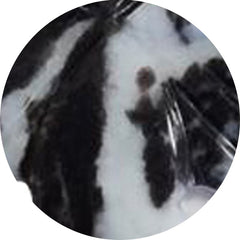 ZEBRA JASPER (1)
ZEBRA JASPER (1)
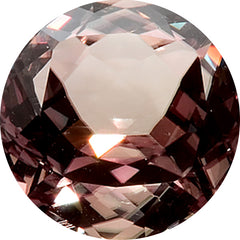 ZULTANITE (6)
ZULTANITE (6)


